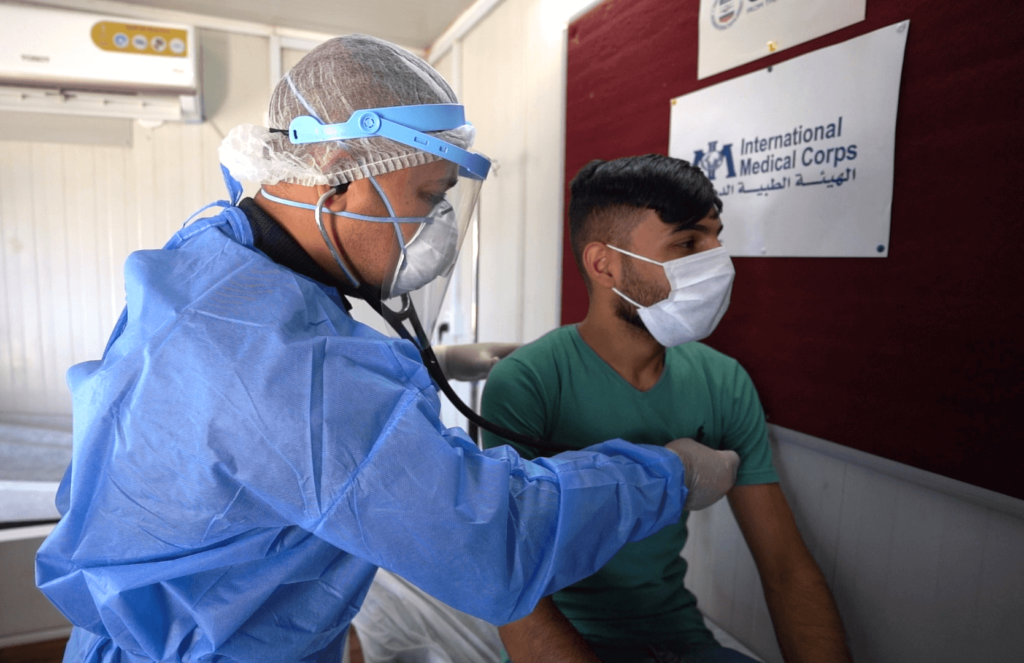Throughout our 36-year history, International Medical Corps has faced some of the toughest challenges imaginable. We’ve worked in conflict zones, helped people who’ve lost everything in terrifying and deadly disasters, and helped to end deadly epidemics — including two Ebola outbreaks in the Democratic Republic of the Congo this year alone. Take a look back at the highlights.
Thank You
Your support made it possible for us to do so much in 2020, as we continued providing lifesaving health services and training worldwide to communities experiencing conflict, disease and disaster. Please take a moment to watch this short thank-you video.
Continuing Our Fight Against COVID-19 in the US and Around the World
We’re responding to the COVID-19 pandemic in the United States and globally, providing expertise, equipment, training, and triage and treatment services.
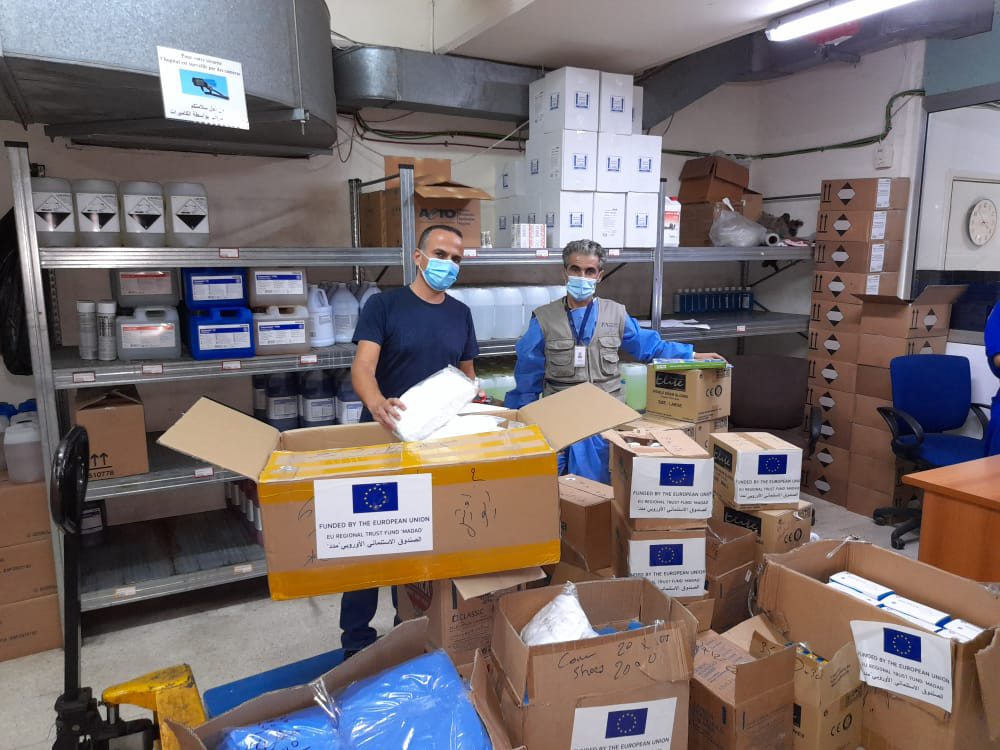
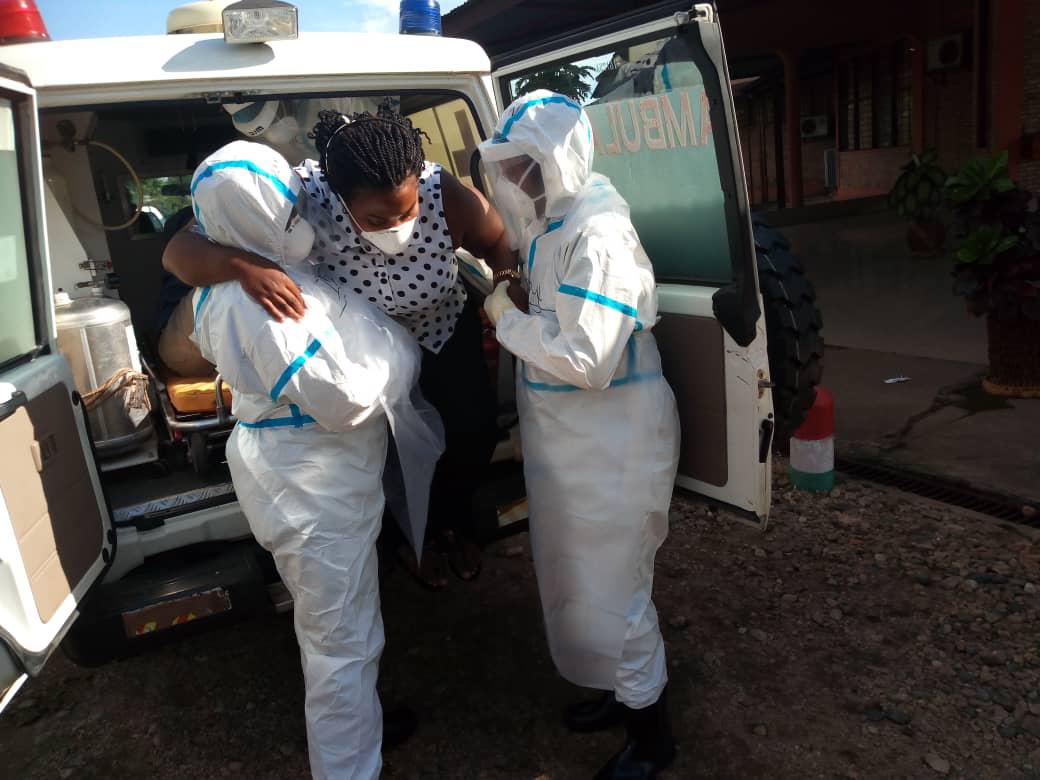
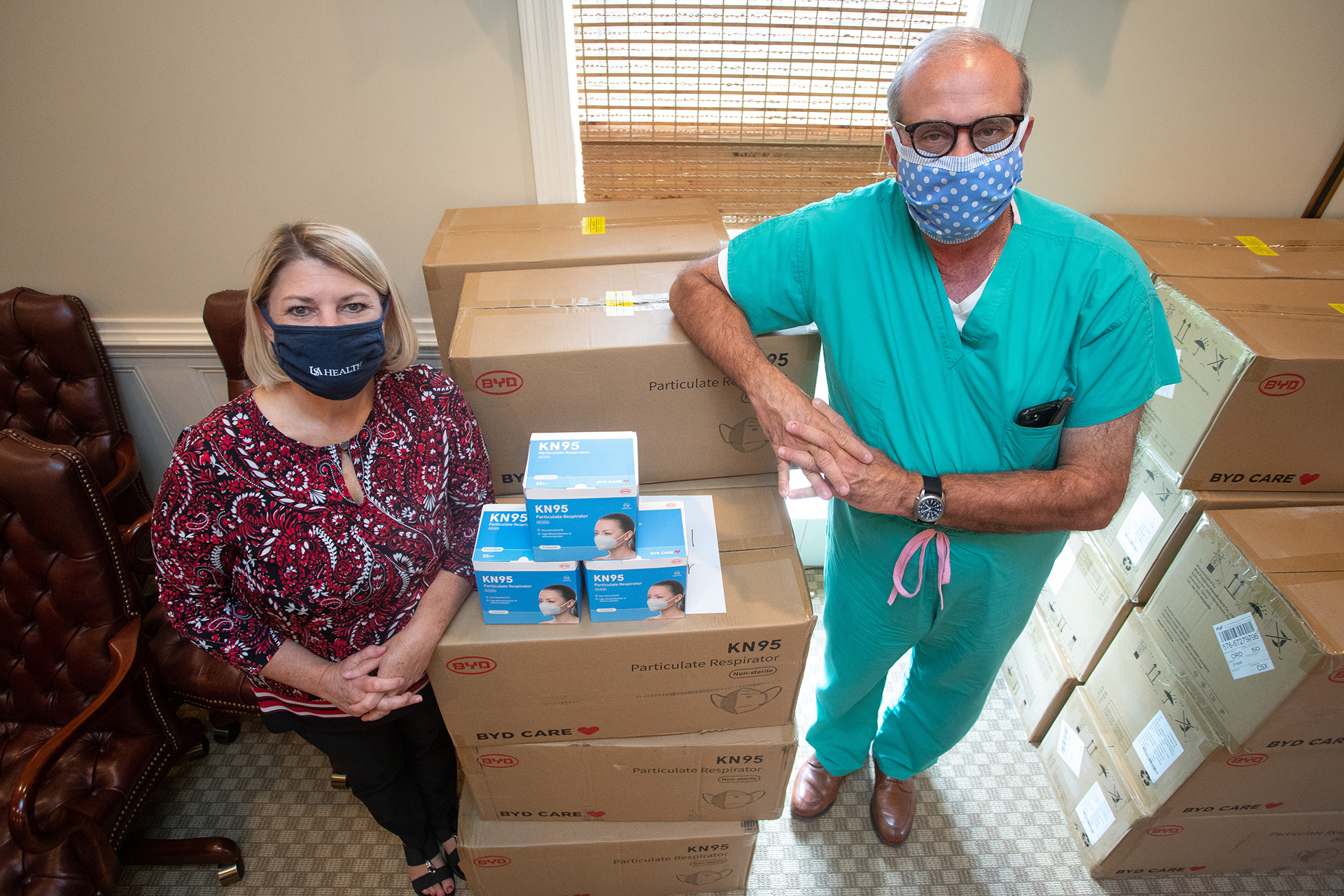
In the early days of the pandemic, as states across the US struggled to roll out mass testing, hard-hit hospitals struggled with staggeringly high patient loads. As part of our biggest emergency response to date, we deployed 33 emergency medical field units across the US to give underserved and overwhelmed hospitals the extra space they needed to serve critical COVID patients. We are continuing to provide these facilities, as well as long-term care and other healthcare facilities across the country, with supplies and support.
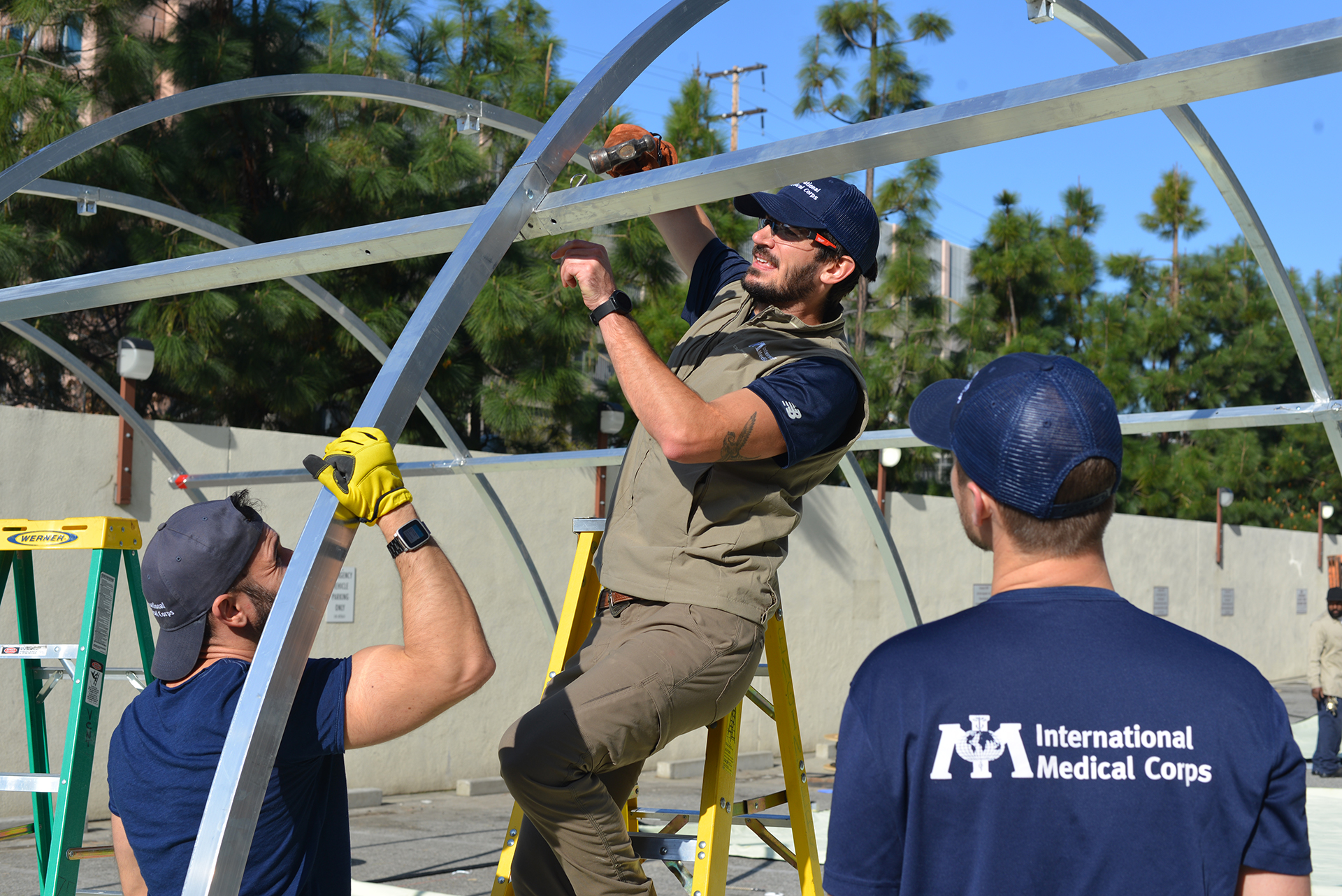
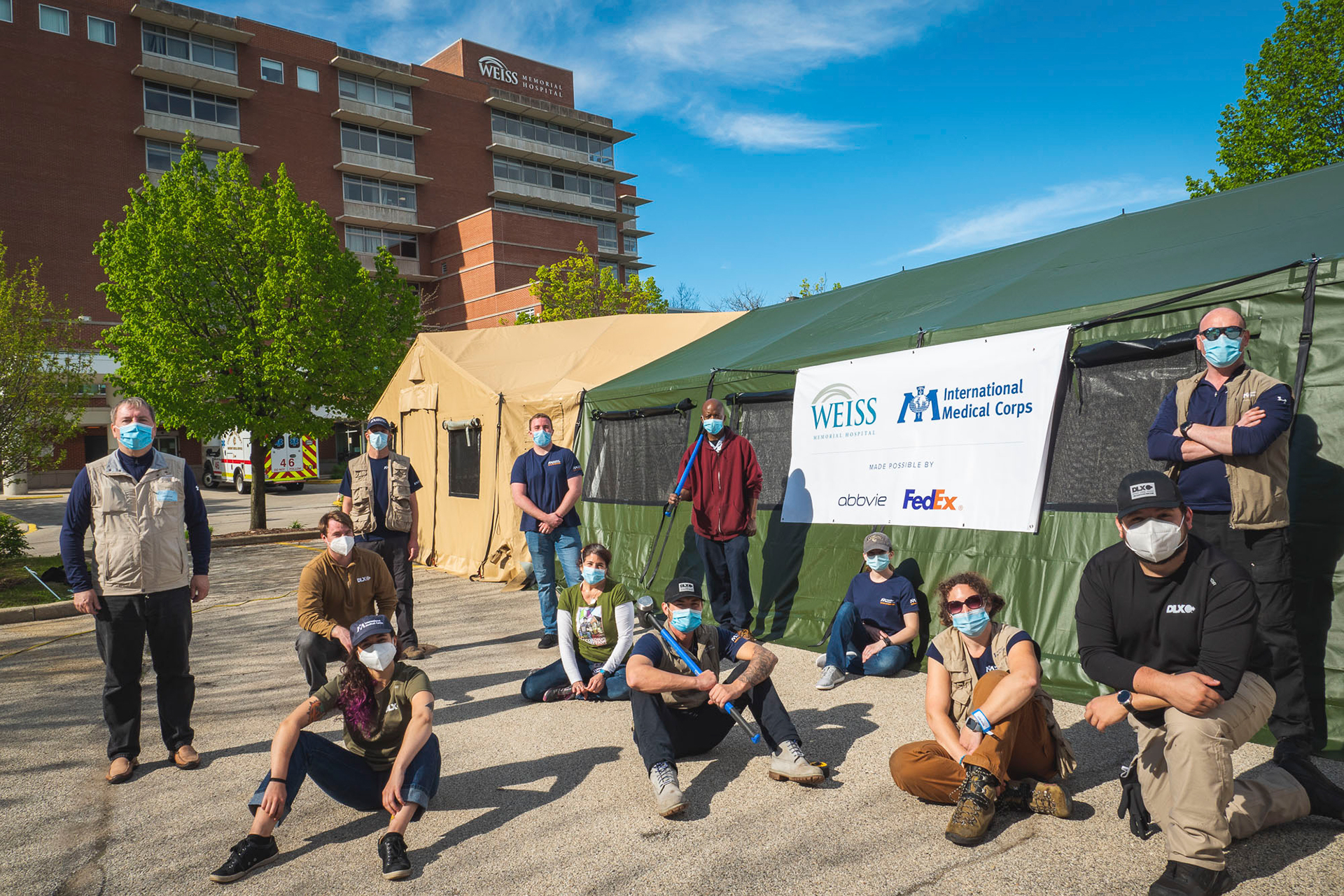
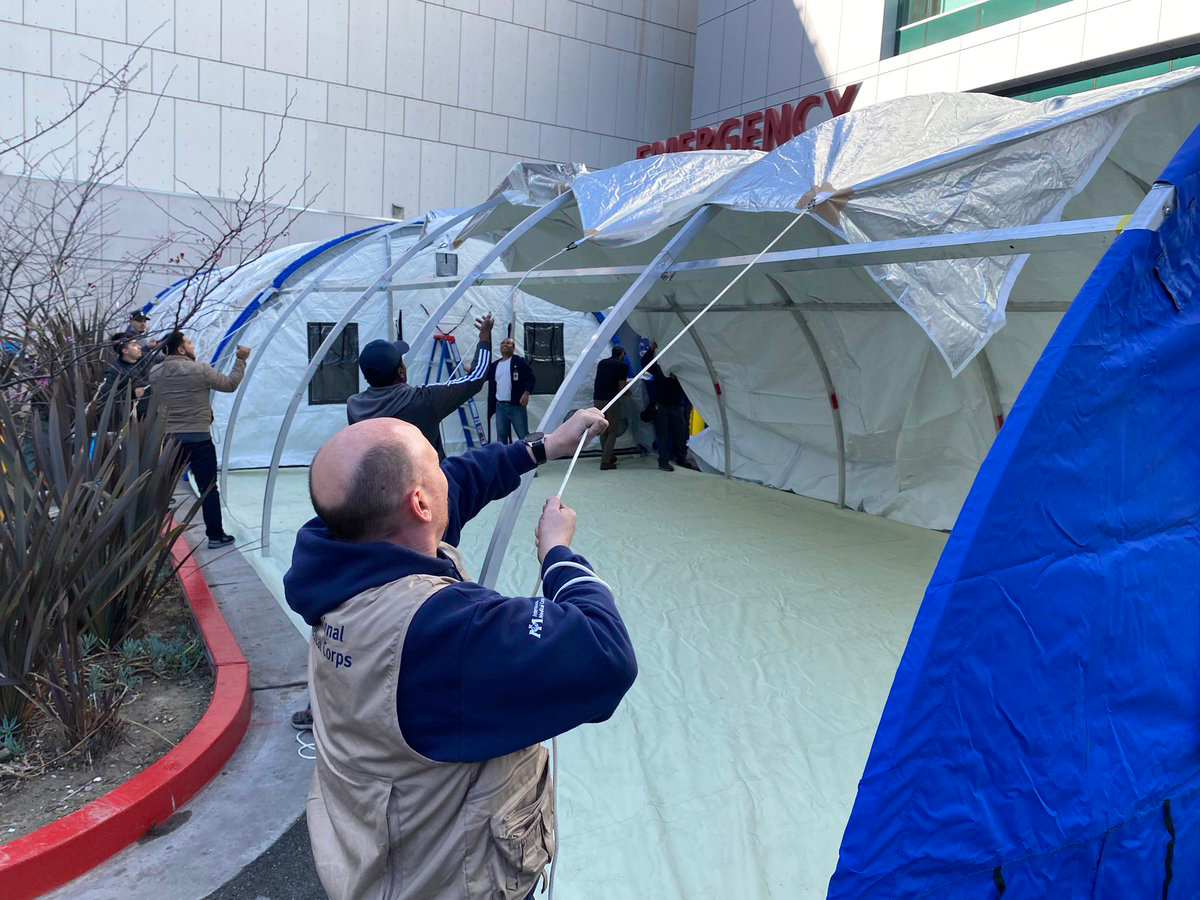
Outside of the US, we’re tackling COVID-19 in every country we operate in and ensuring the continuity of critical healthcare services. For example, in South Sudan we’re leading the country’s pandemic response, screening hundreds of thousands of people for the virus, providing treatment to COVID patients and training healthcare workers in infectious disease prevention. In Jordan’s Azraq Refugee Camp, we’re screening residents for the virus and continuing to provide healthcare services to approximately 40,000 in the camp. We’re also working with the country’s Ministry of Health and the Jordanian Psychiatrist Society to provide mental health support as mental health needs increase as the pandemic continues. These are just two examples of the ways we’re battling COVID-19 around the world.
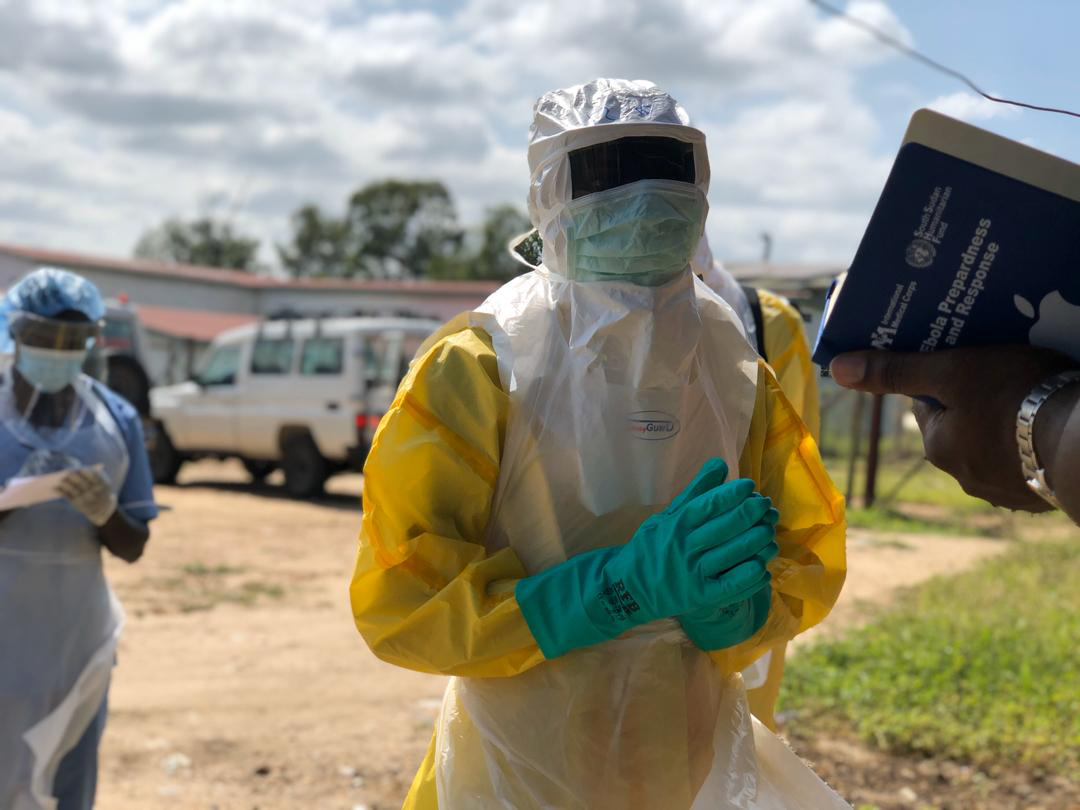
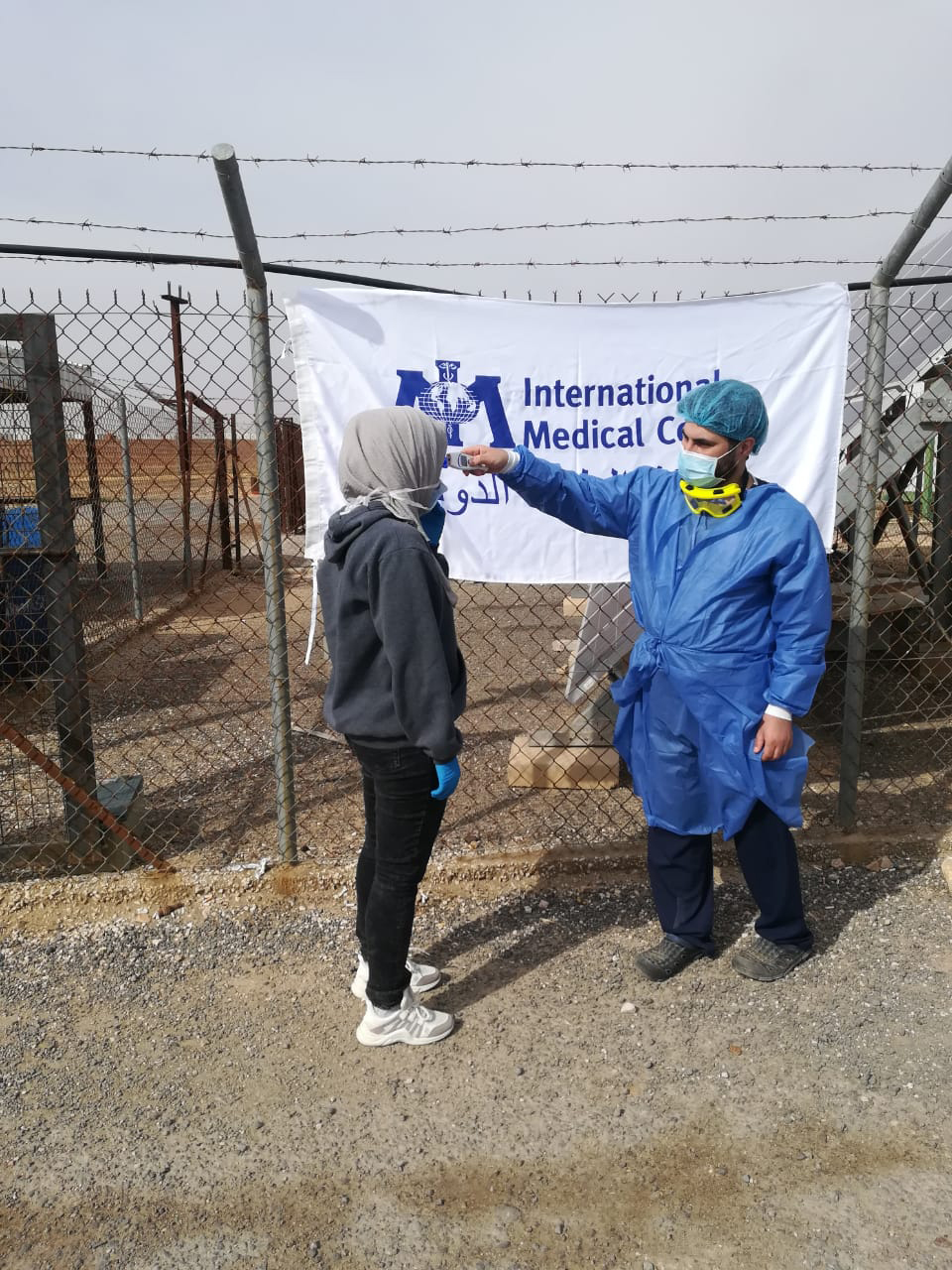
Three promising vaccines have materialized in recent weeks, turning the attention of the medical community to a new mission: distributing billions of doses of vaccines as quickly and as safely as possible. We’re uniquely positioned and ready to contribute to this effort, with our expertise in last-mile supply chain management and logistics, a national network of partner healthcare facilities in the US and abroad, and strong relationships with pharmaceutical and medical supply companies.
Providing Lifesaving Support to the Survivors of the Beirut Explosion
On Tuesday, August 4, a massive explosion tore through the city of Beirut, Lebanon. Our team, already in the country providing a range of health services, responded immediately, bringing help to survivors and support to hospitals and health facilities throughout the city.
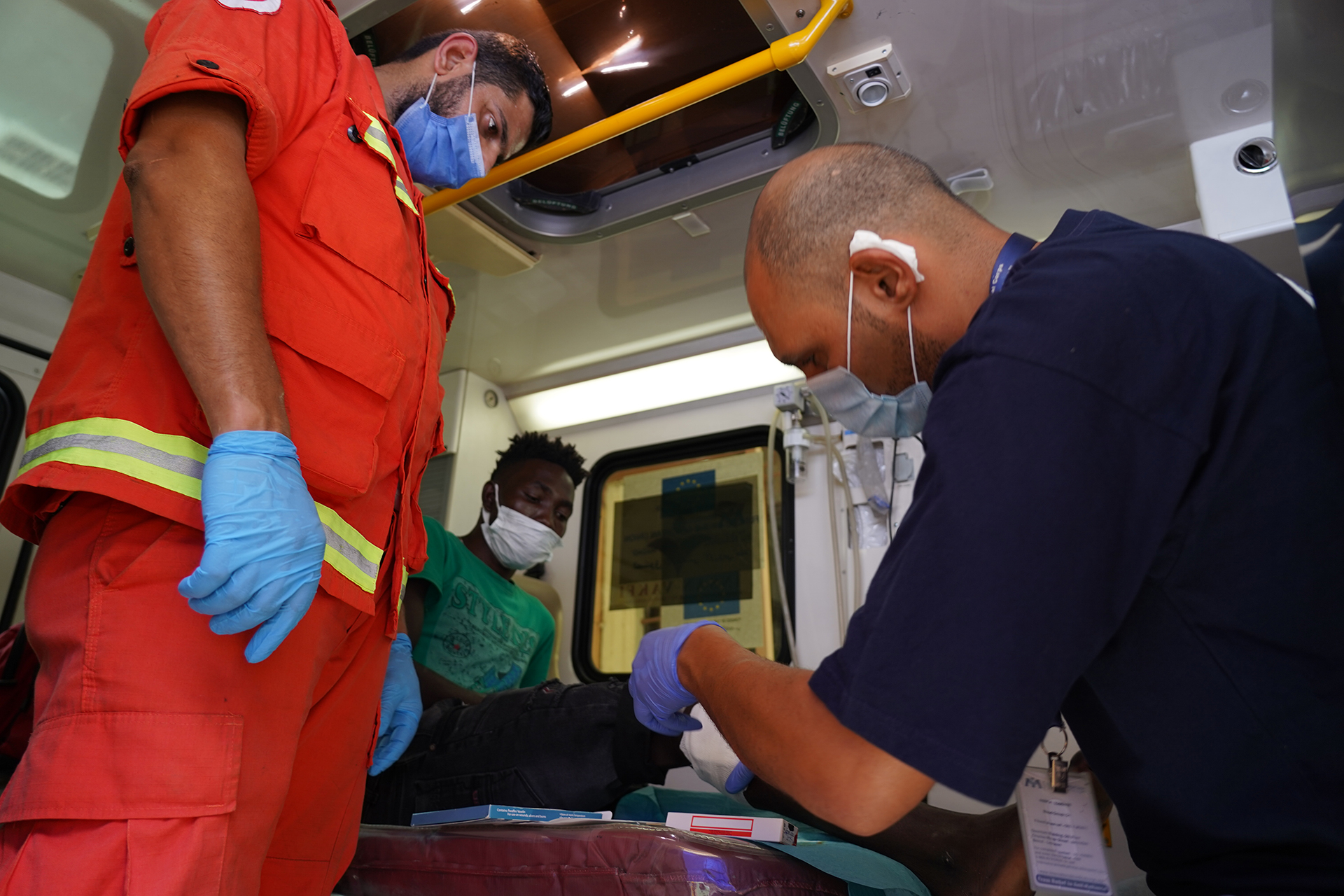
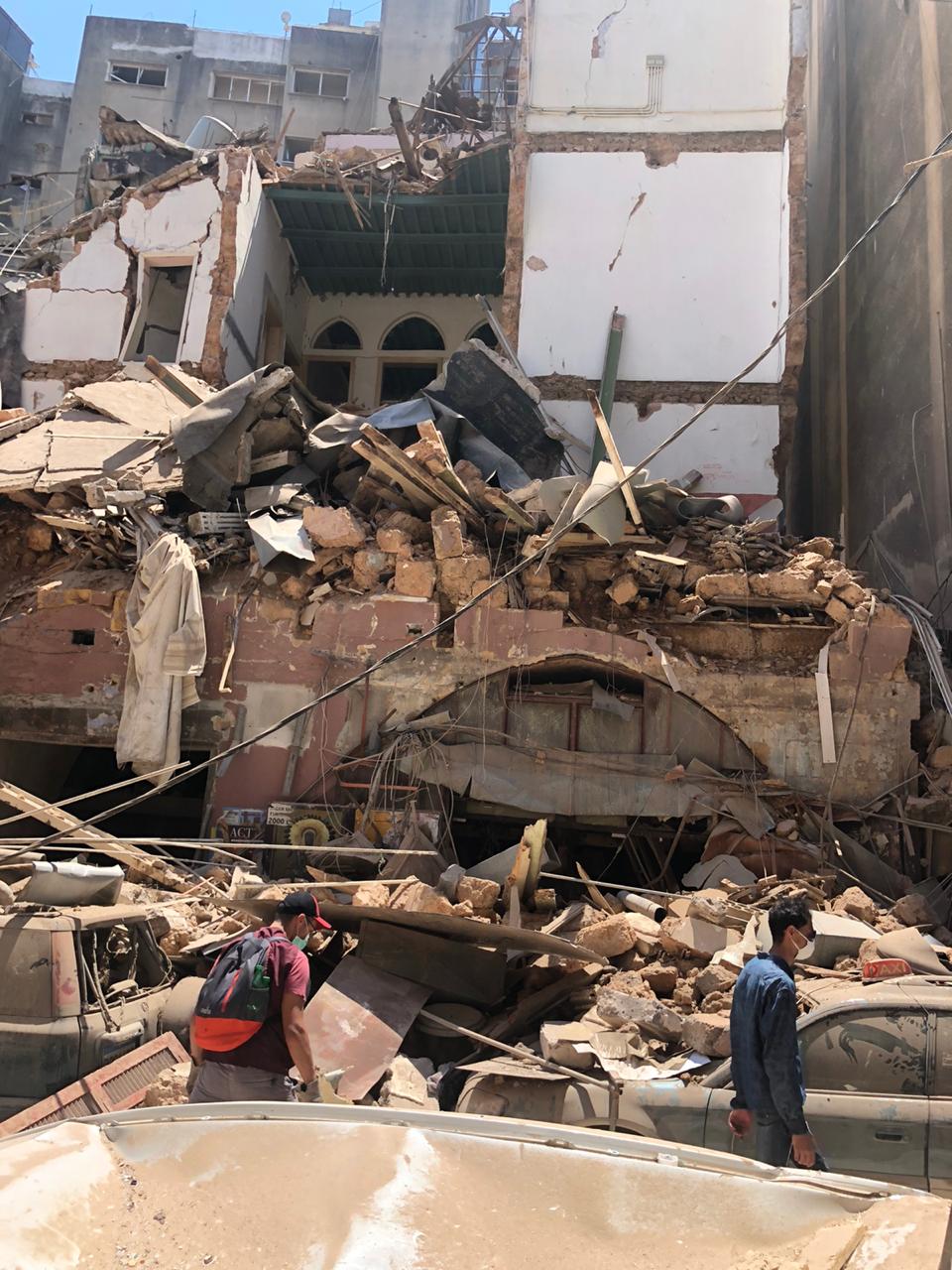
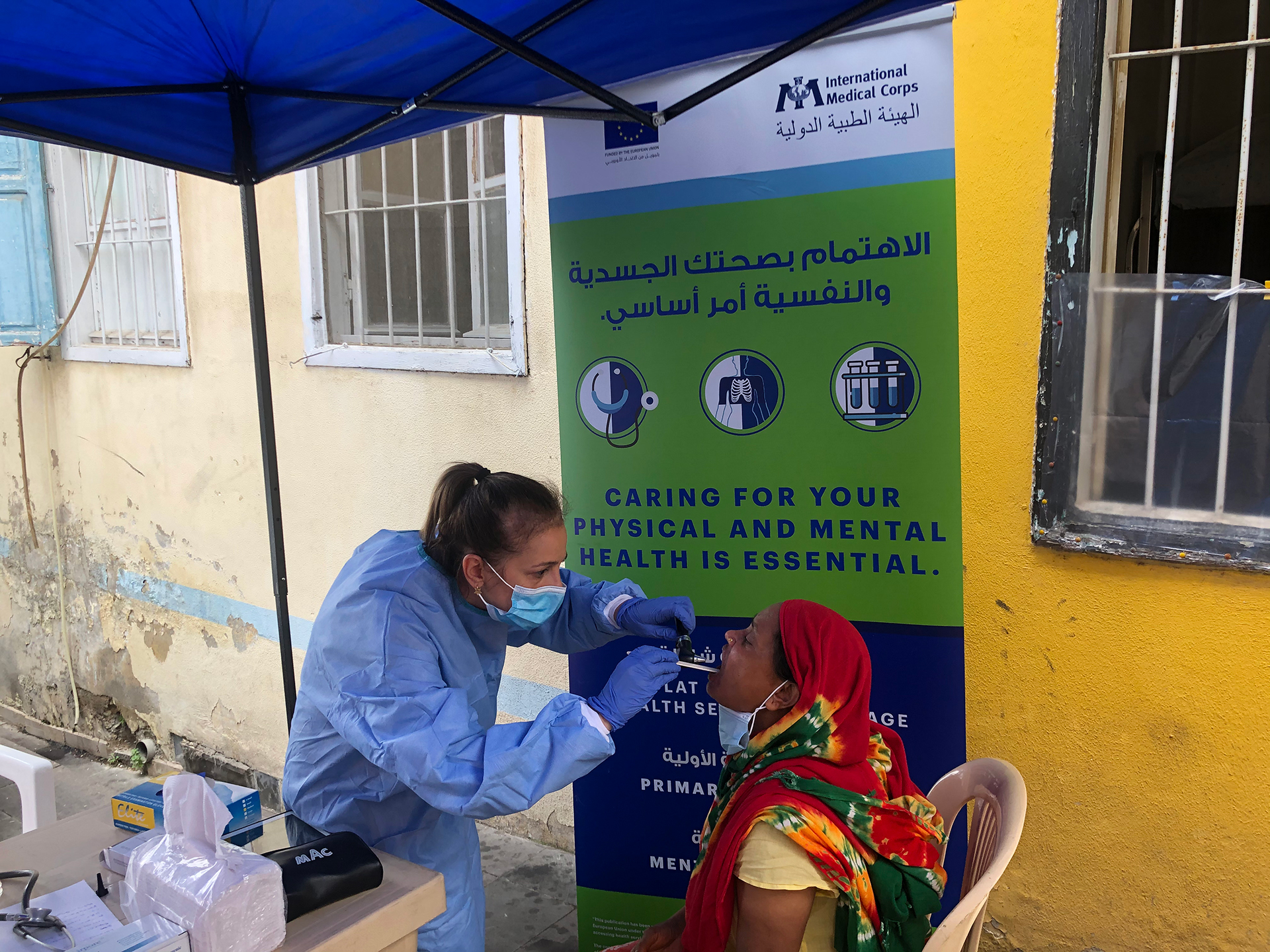
In response to the medical and mental health needs caused by the explosion, we sent mobile medical units to neighborhoods near the blast site, providing care to people affected by the crisis and helping to alleviate pressure on overburdened health centers near the epicenter of the explosion.
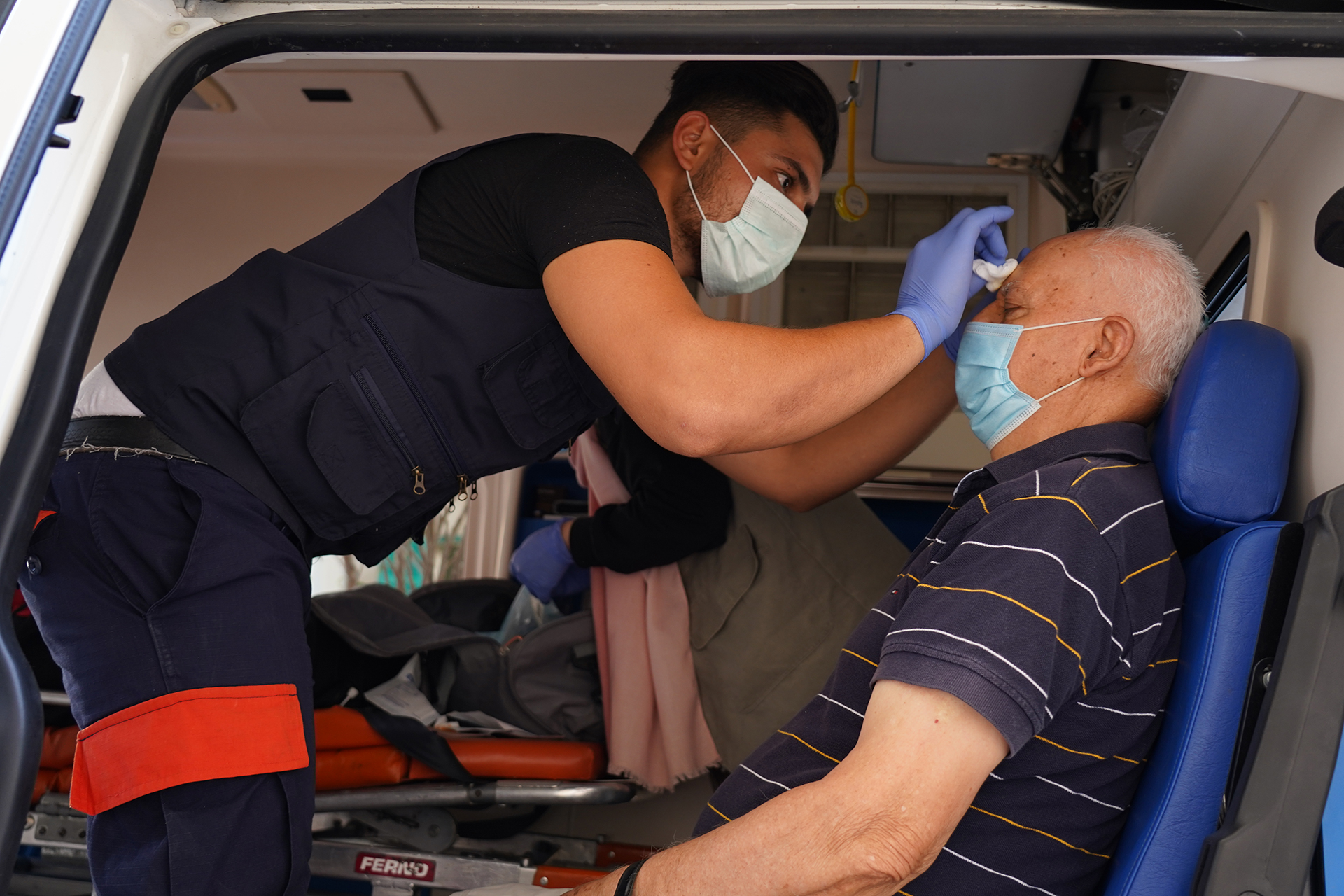
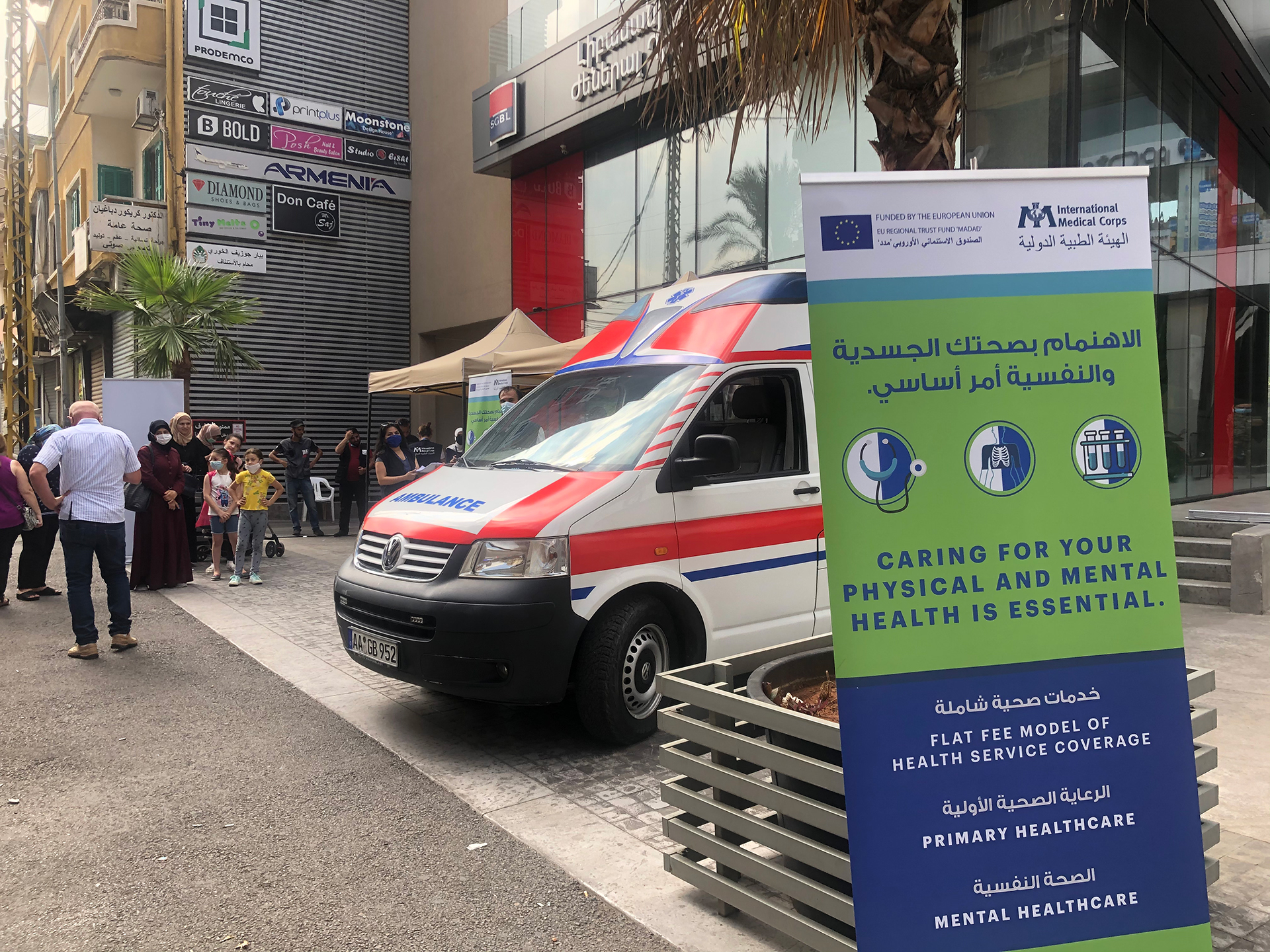
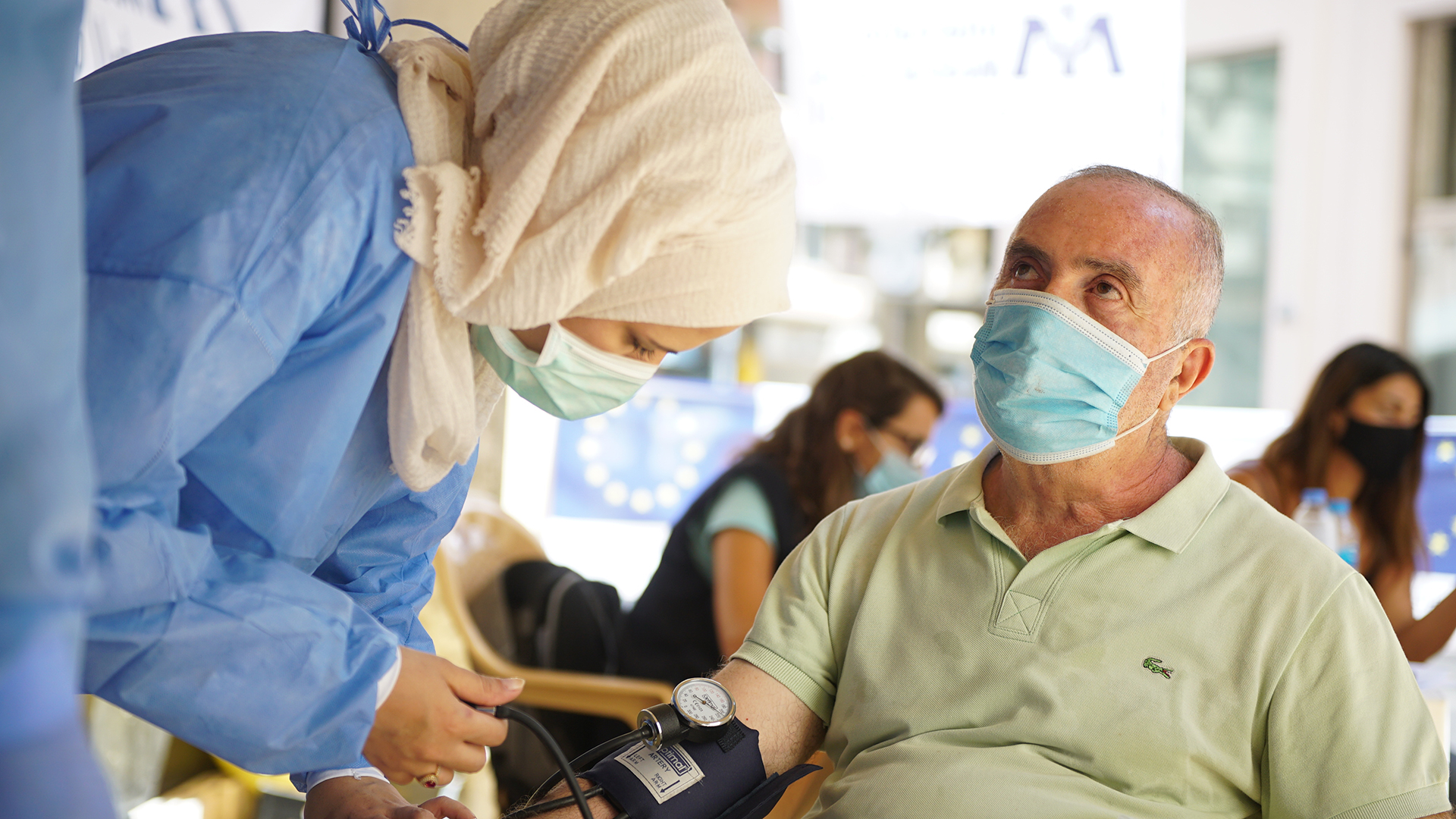
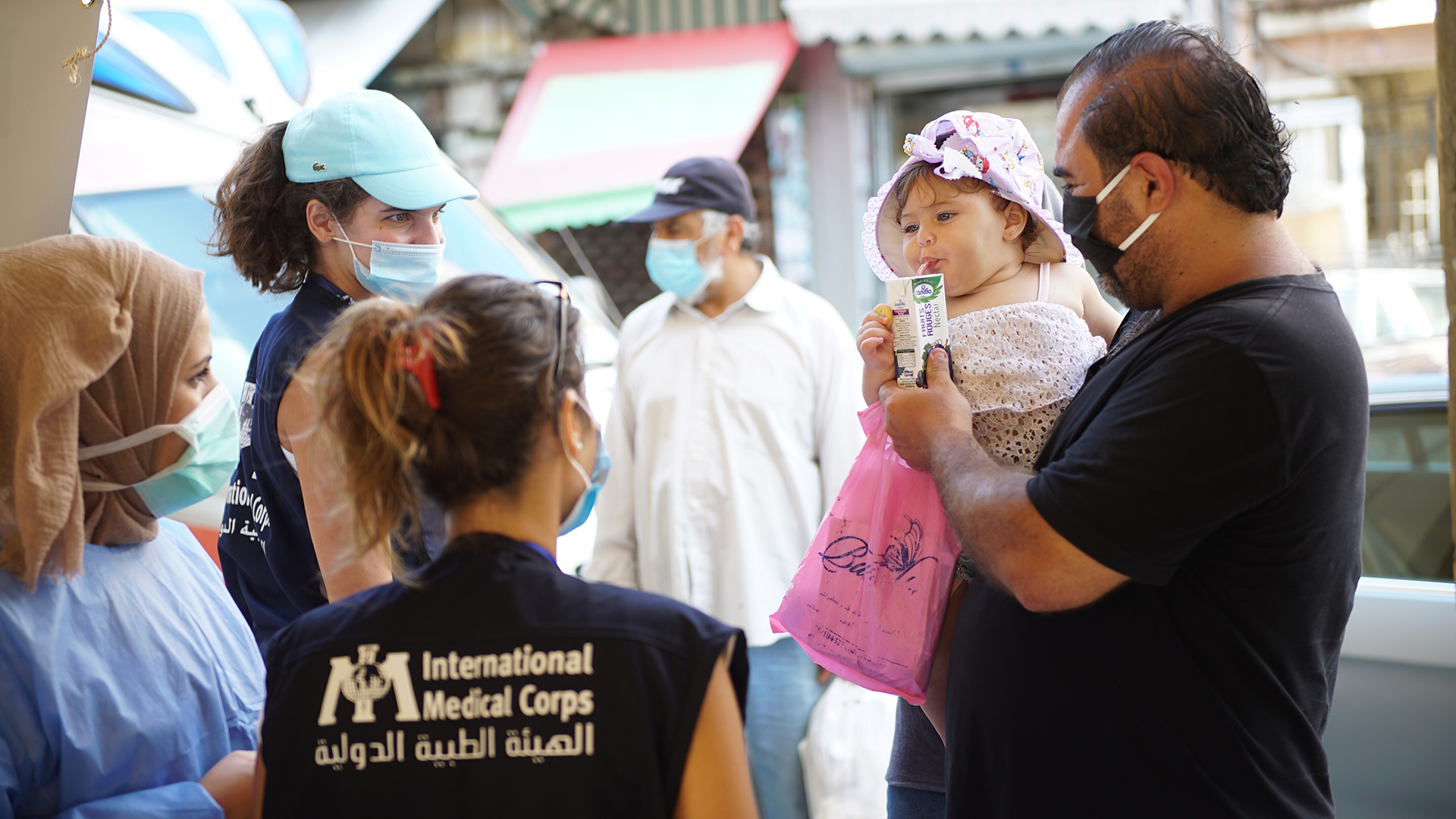
Our teams also helped to prevent the spread of COVID-19 by providing protective personal equipment (PPE) and hygiene supplies to survivors and those working in and around the area of the explosion.
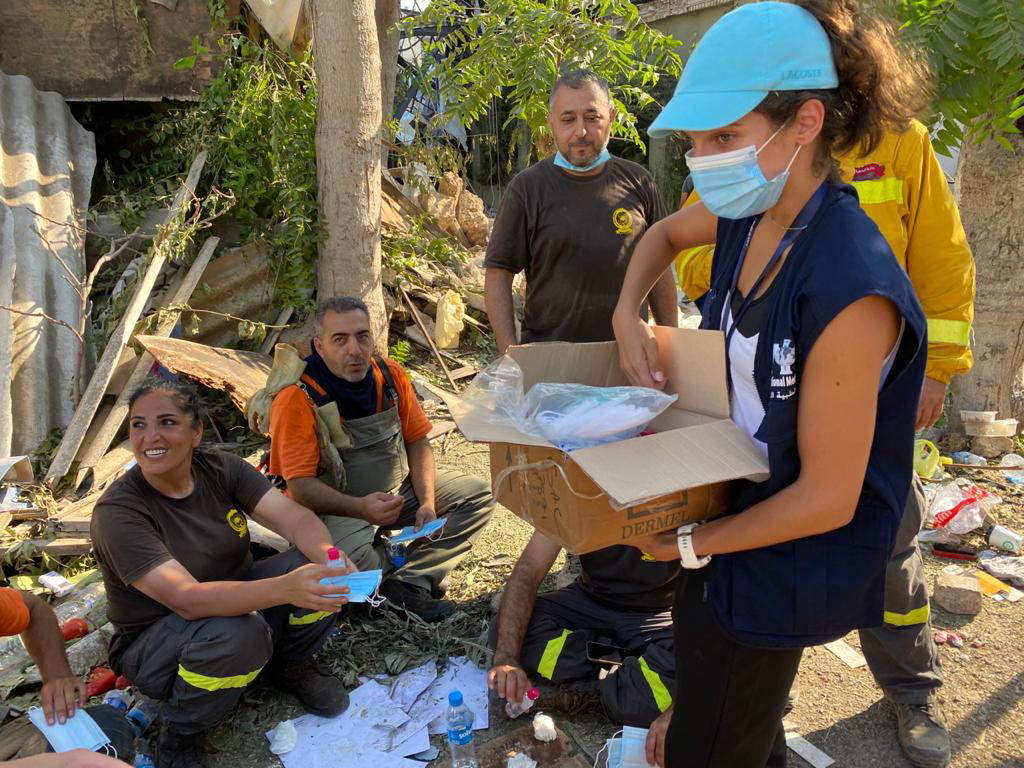
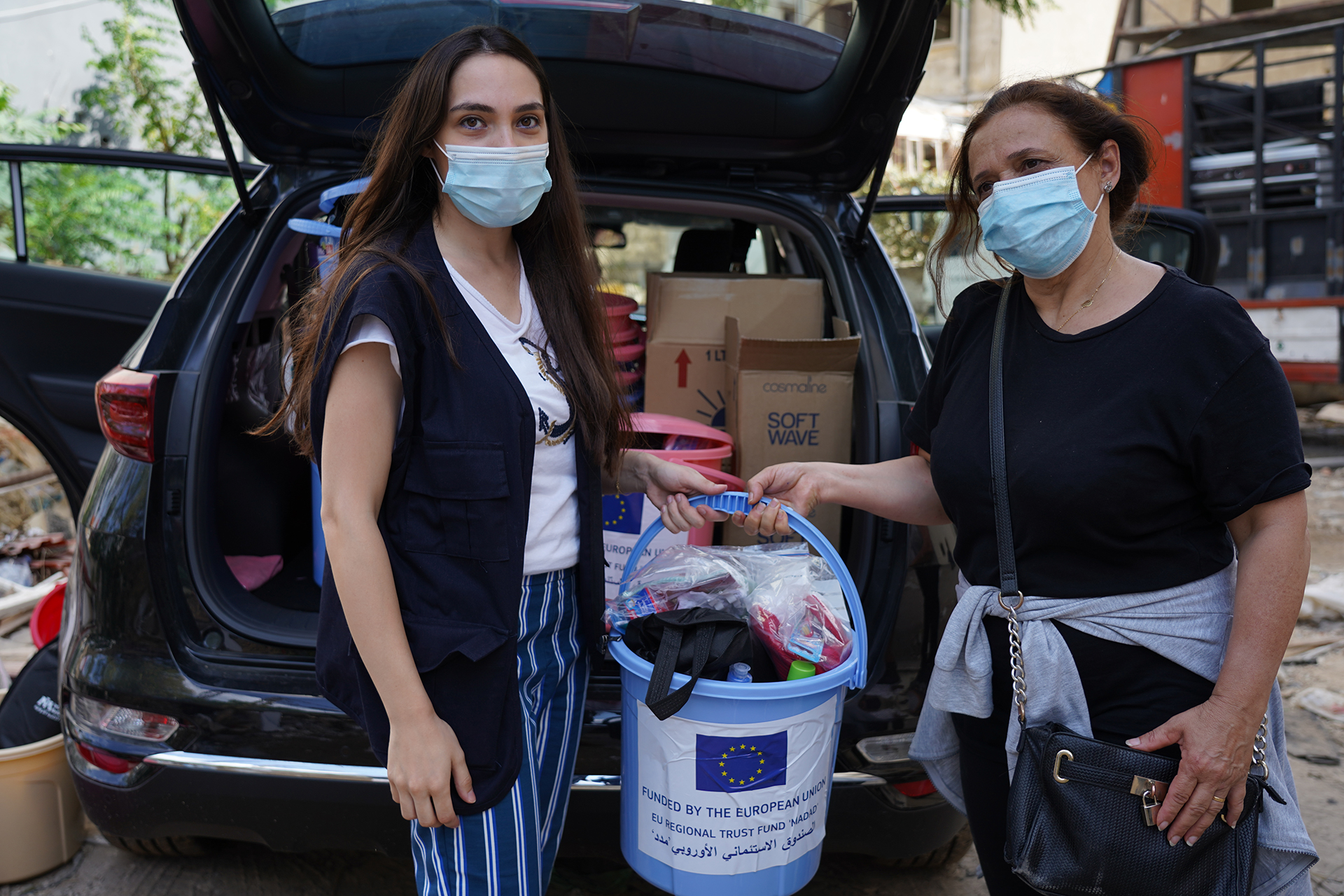
Celebrating the End of Two Ebola Outbreaks and the End of Wild Poliovirus in Africa
On August 1, 2018, an outbreak of Ebola was declared in the North Kivu and Ituri provinces of the Democratic Republic of the Congo (DRC) that grew to become the second-largest ever — exceeded in size only by the 2014 outbreak in West Africa. It wasn’t until June 25, 2020 — nearly 3,500 confirmed cases and 2,287 deaths later — that the outbreak in the east would be officially declared over by the World Health Organization (WHO).
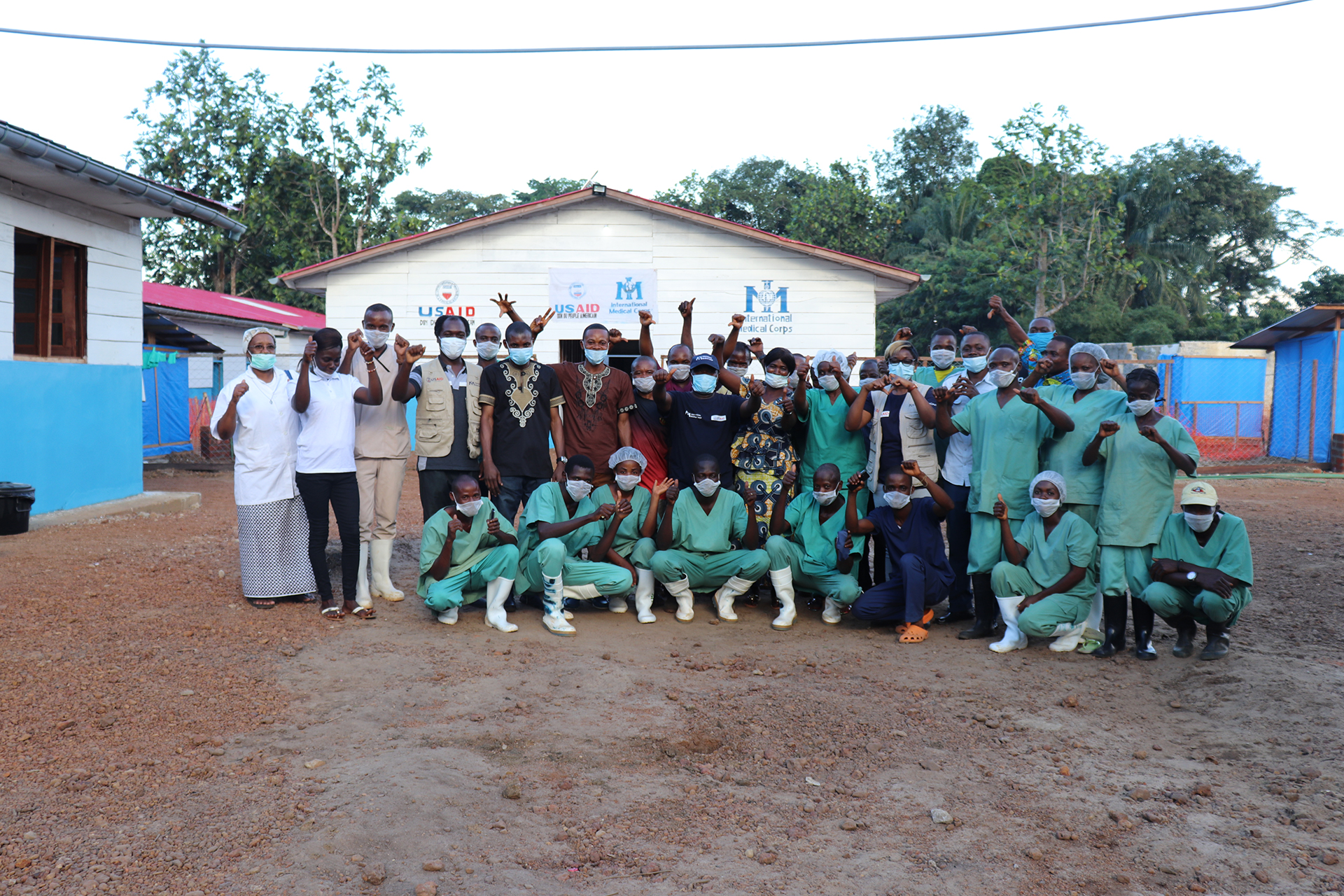
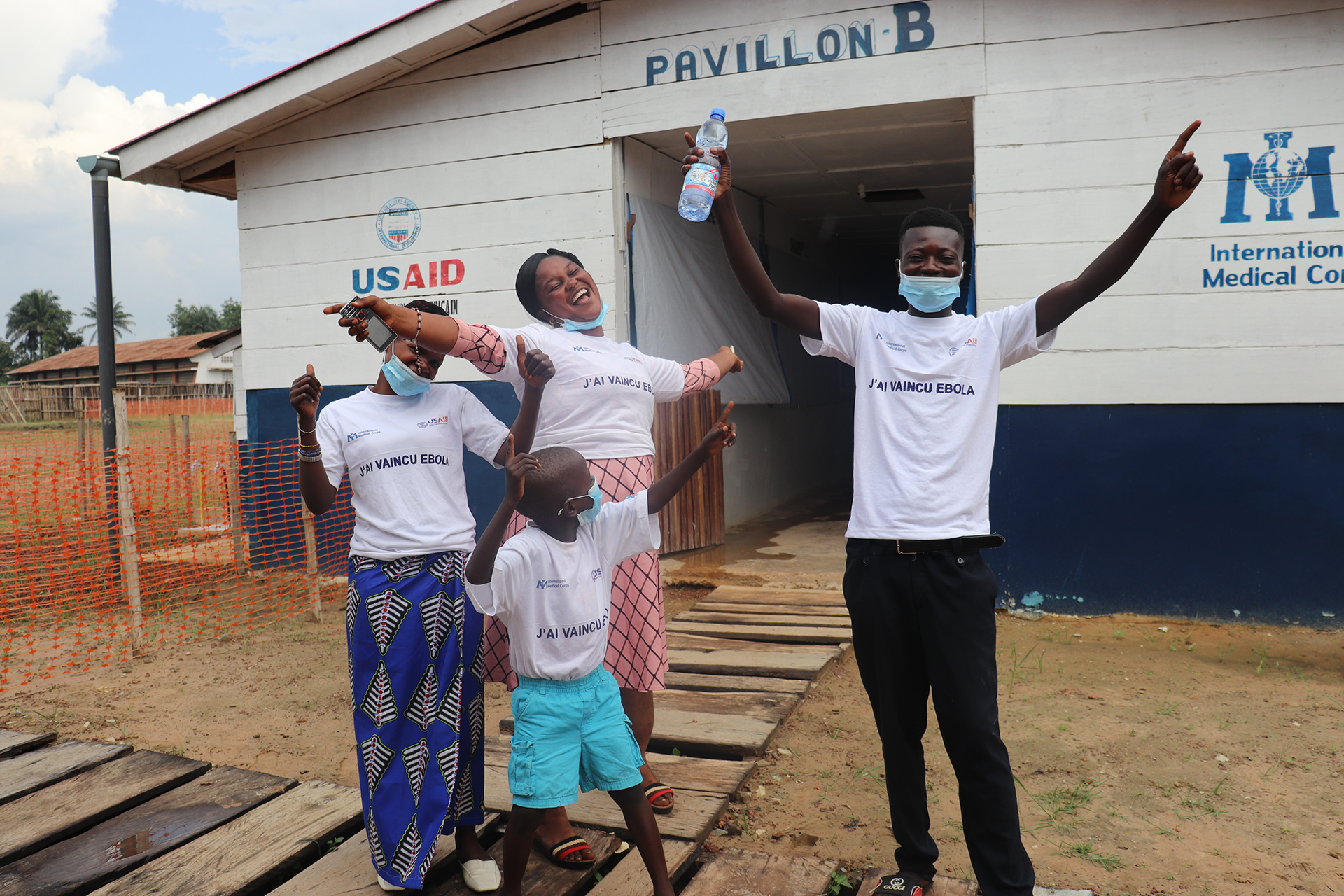
However, on June 1, the government announced a new outbreak—near Mbandaka, roughly 750 miles west of the outbreak on the country’s eastern border. We immediately deployed a rapid response team to support response efforts by the DRC Ministry of Health and the WHO, and eventually ran three Ebola Treatment Center (ETCs) in the region. We also helped with treatment, infection prevention and control, screening, training and capacity-building. Thankfully, this outbreak — the country’s 11th — was officially declared over on November 18.
But that wasn’t all. After years of vaccination and surveillance programs, and three years without new cases of wild poliovirus in any of its countries, Africa was declared free from wild polio on August 25! We’re proud to have played a part in the eradication of polio in Africa by, among other things, working with the CORE Group in Nigeria to conduct vaccination campaigns, train volunteers to tackle misinformation surrounding the virus and much more.
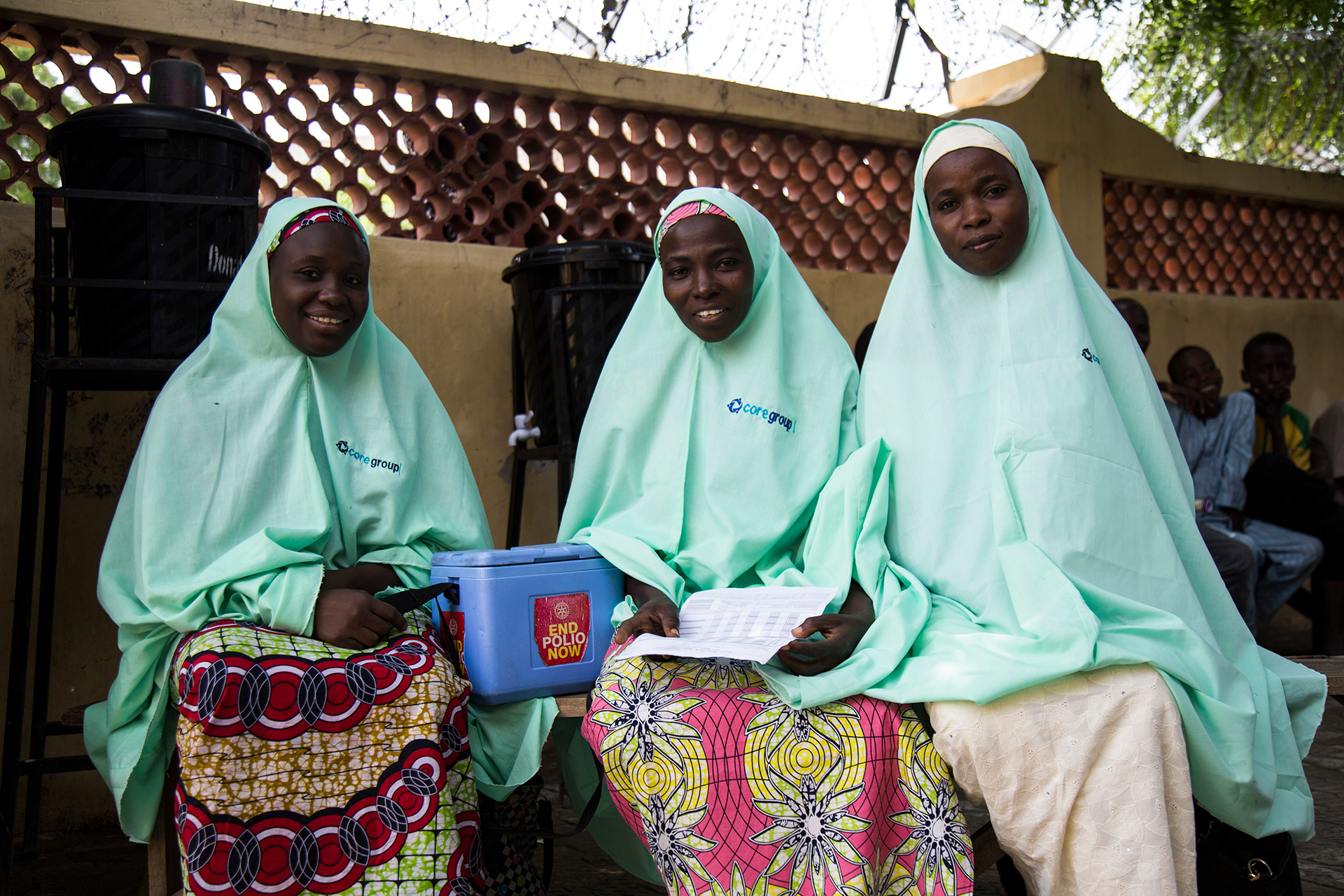
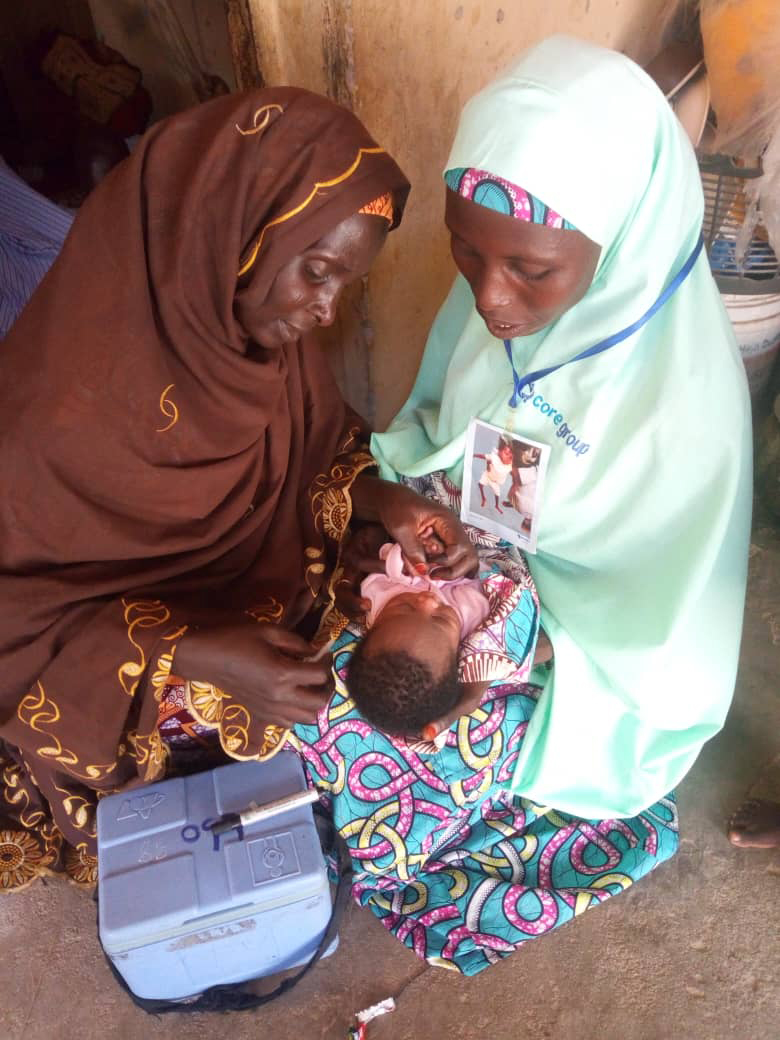
Helping Refugees Rebuild and Recover in Cameroon
An estimated 372,000 refugees have sought safety in Cameroon. Many have fled conflict in neighboring Nigeria and the Central African Republic, while others have headed south from the Lake Chad region, as conditions continue to deteriorate there. Among other places, we work in Cameroon’s Far North Region, which borders both Chad and Nigeria and is the first point of entry for many refugees.
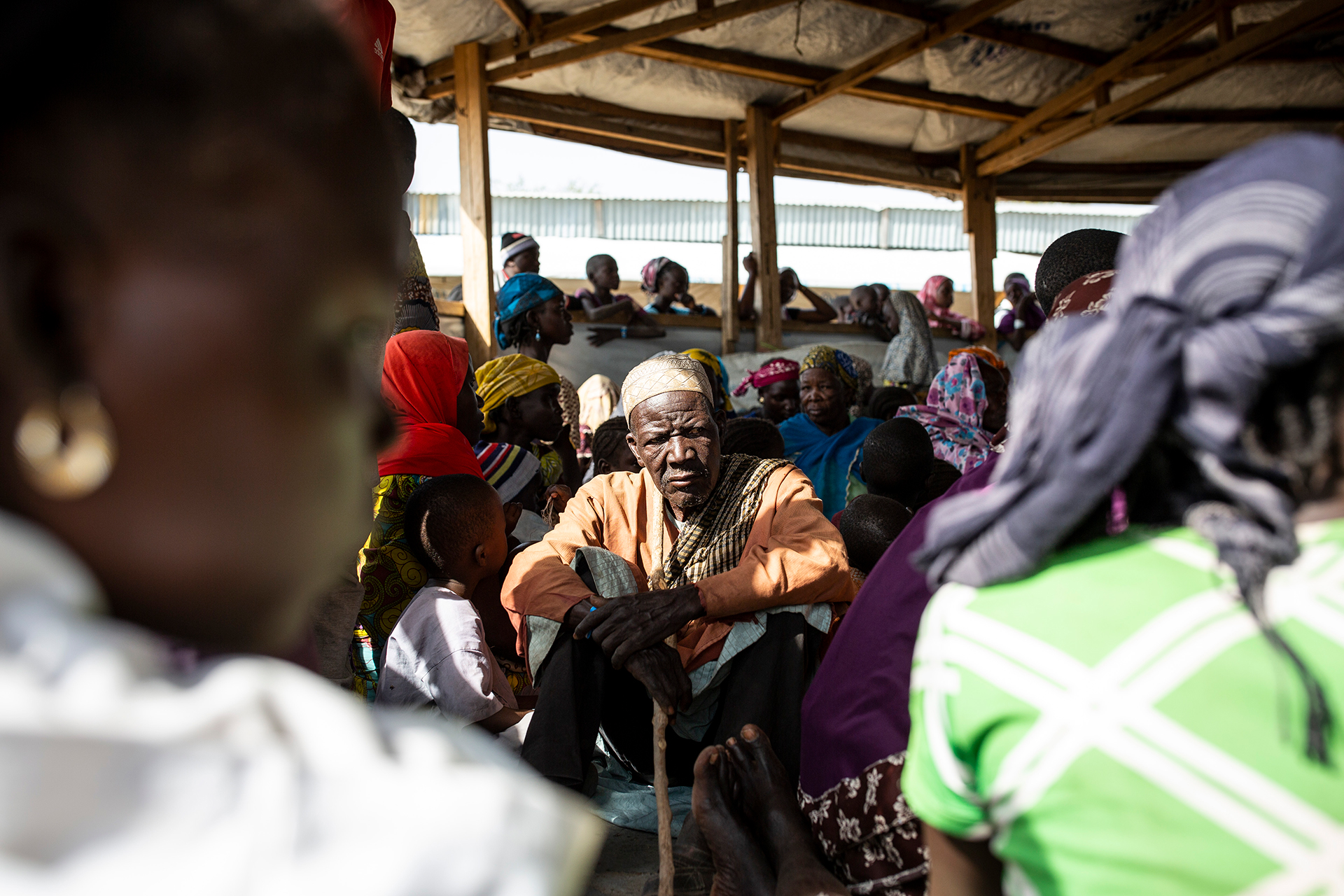
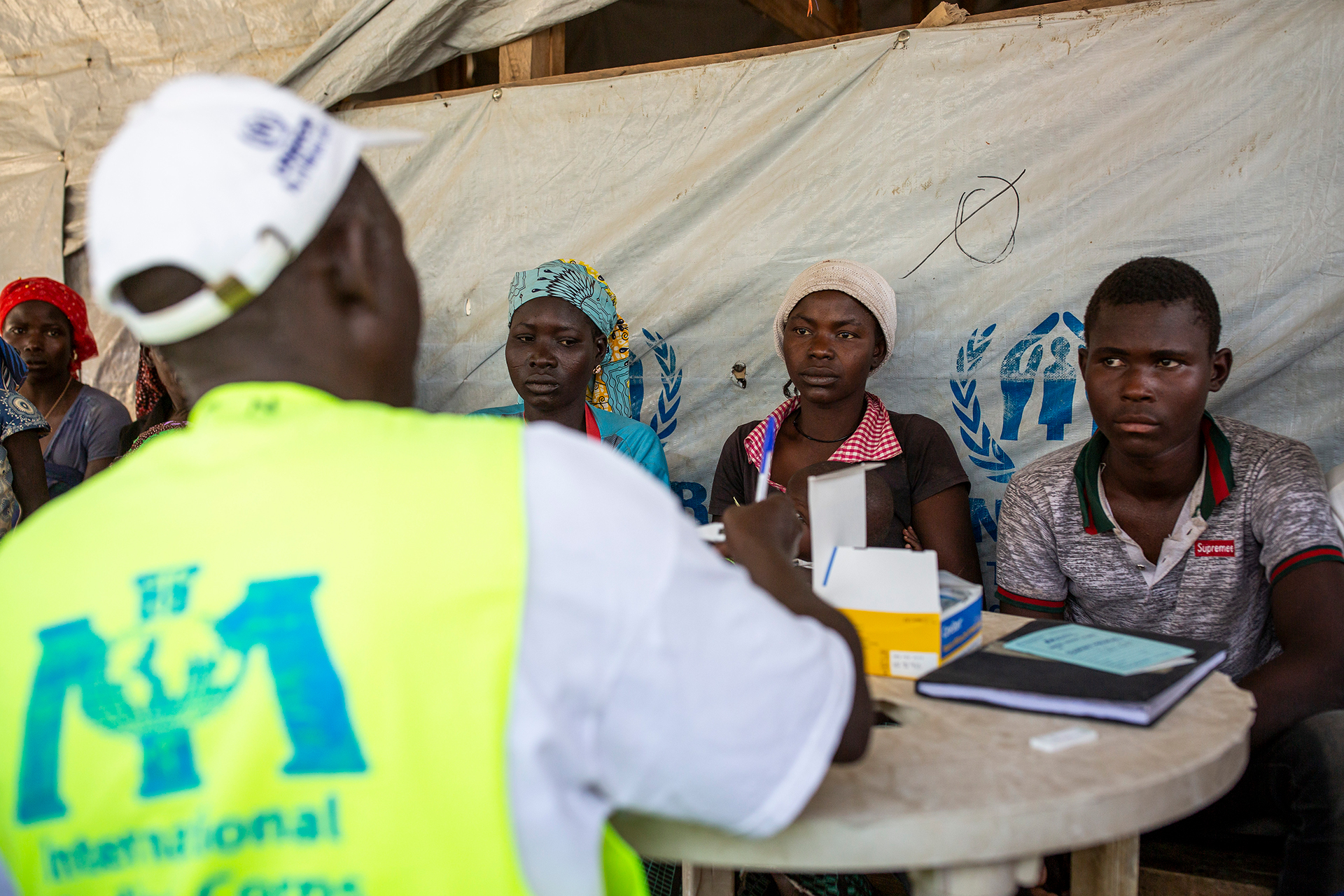
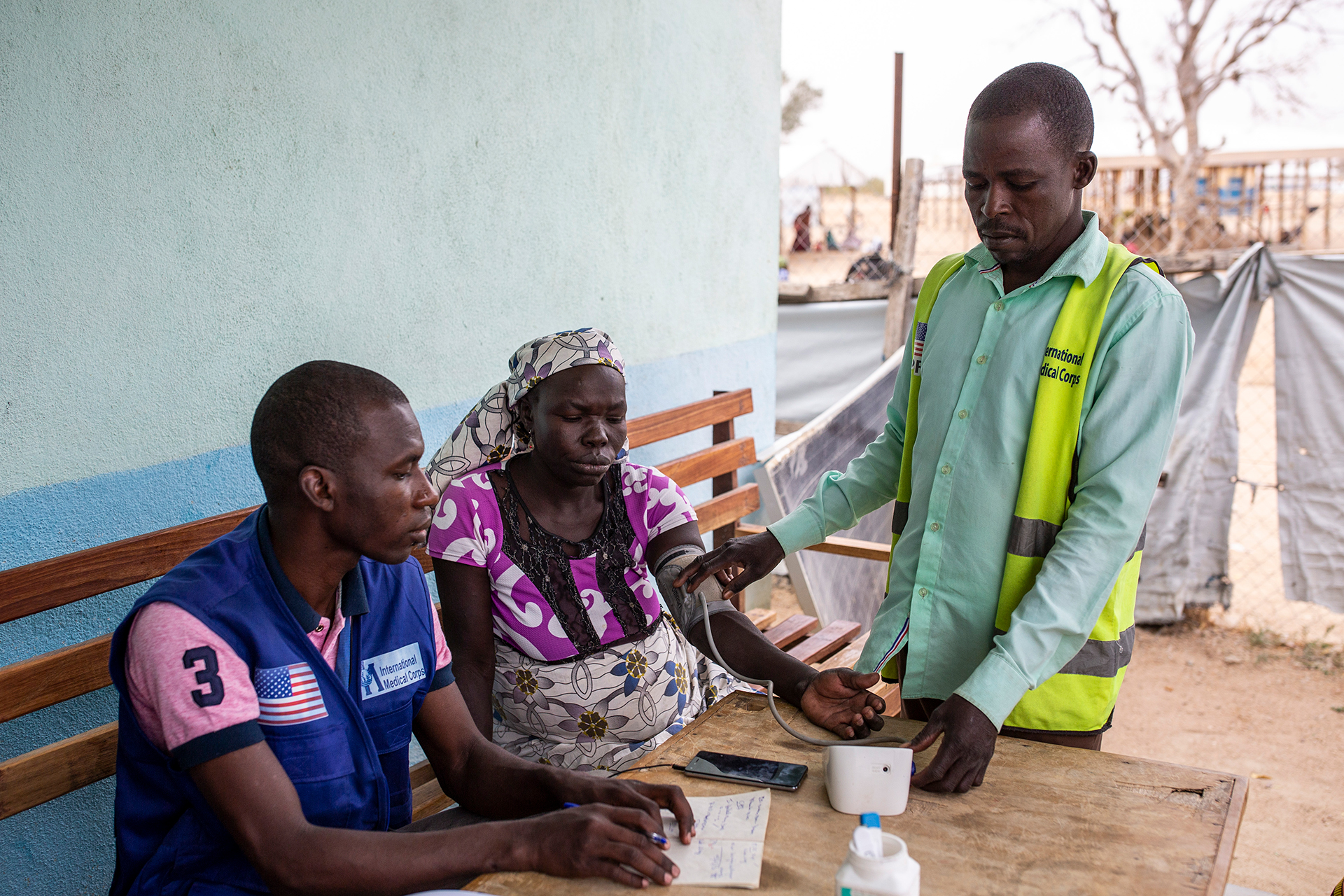
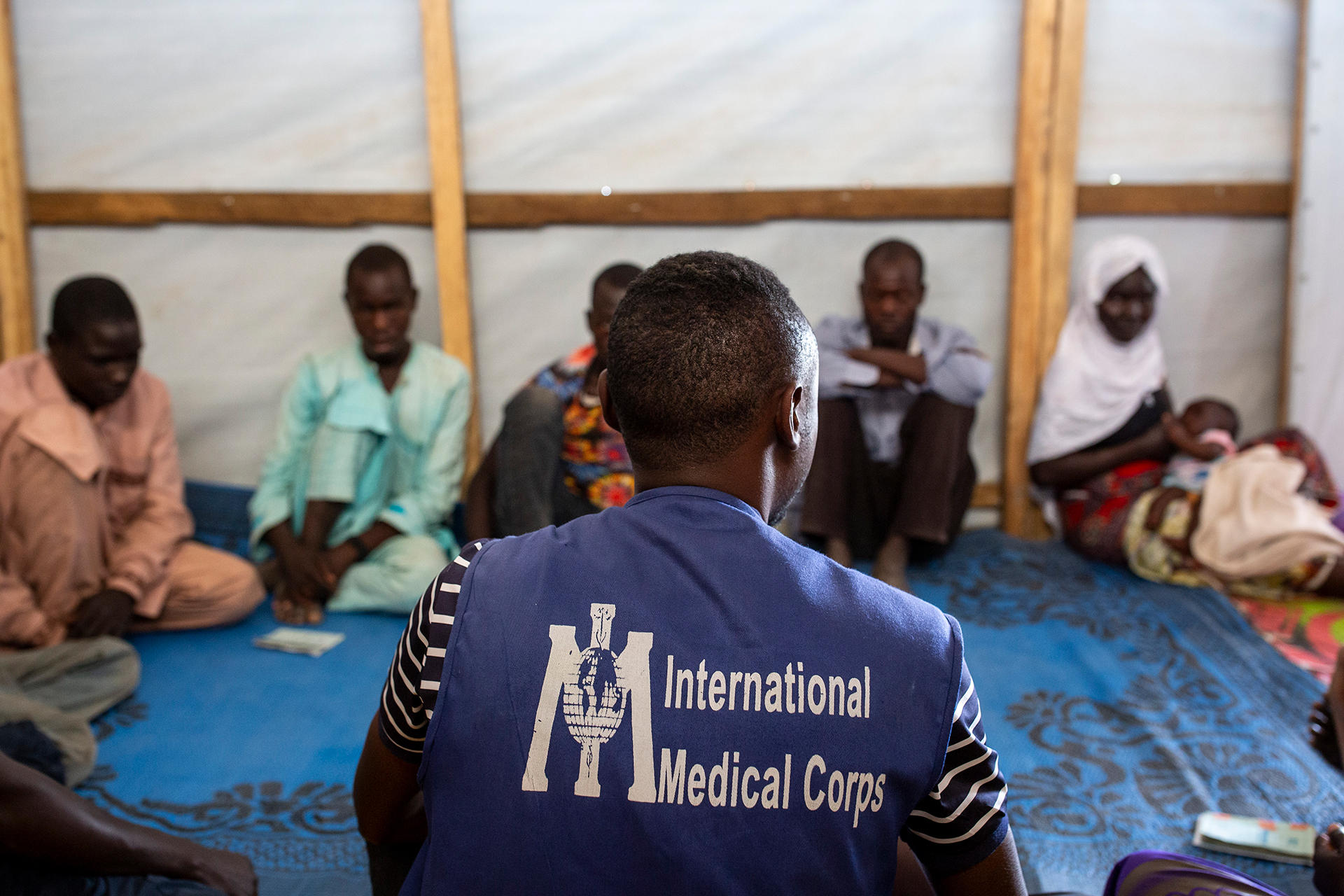
In Minawao Refugee Camp, we help people recover and rebuild by providing services such as primary healthcare, mental health assistance and nutrition programs.
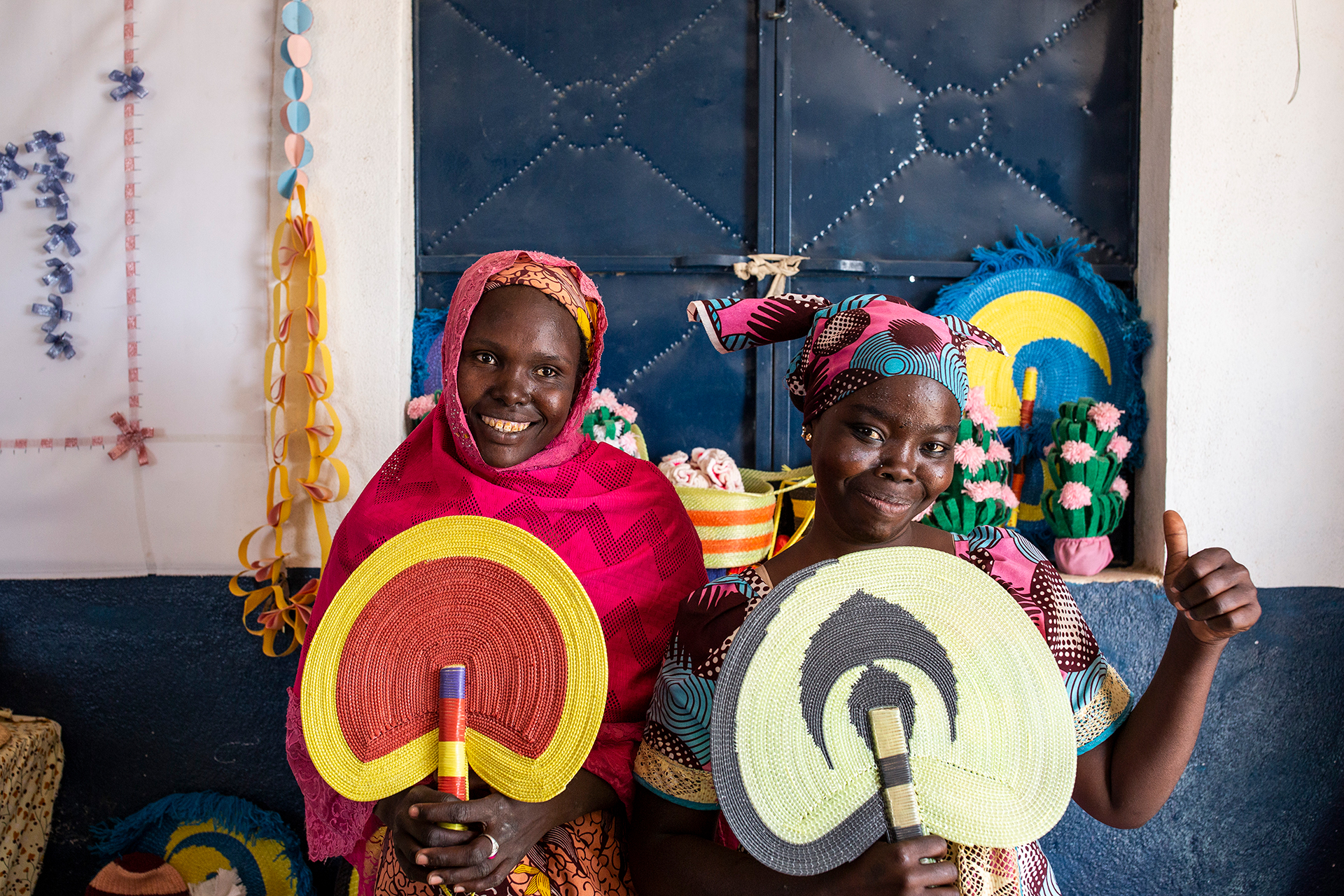
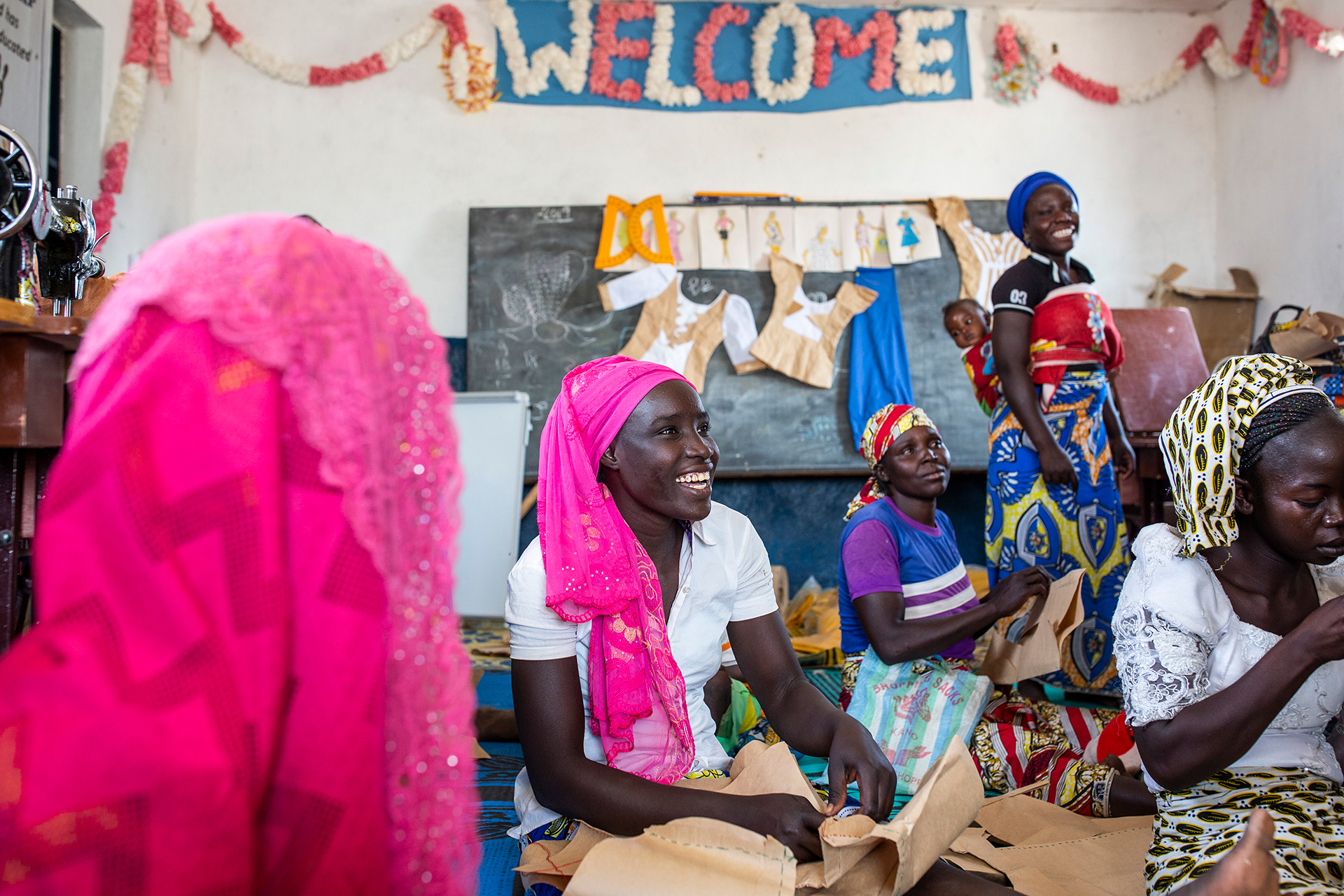
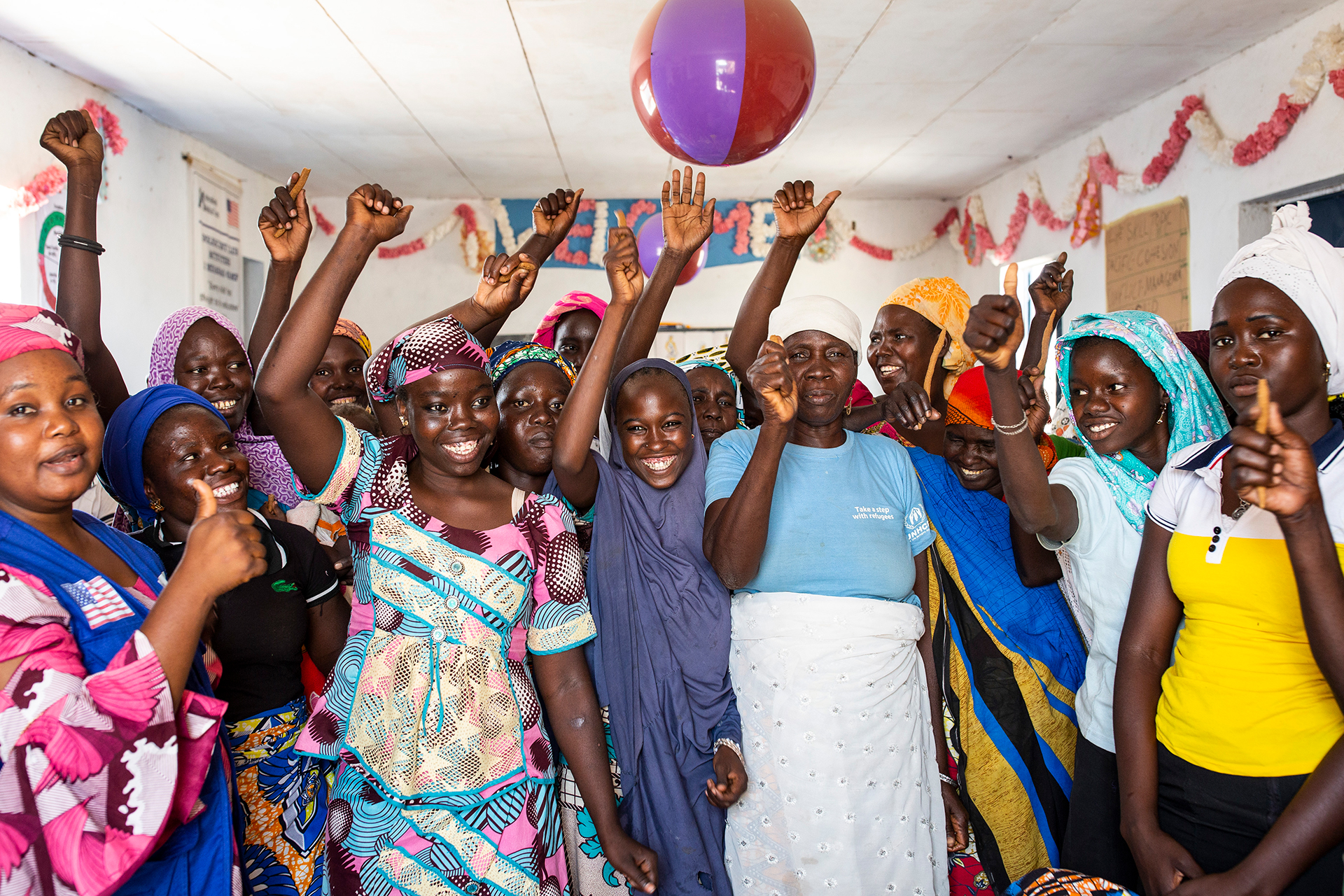
Responding to the Earthquake in Central Croatia
Just after noon local time on Tuesday, December 29, a 6.4-magnitude earthquake struck central Croatia about 30 miles southeast of the capital, Zagreb, near the towns of Petrinja and Sisak. The quake came on the heels of a 5.2-magnitude tremblor that struck the region the day before.
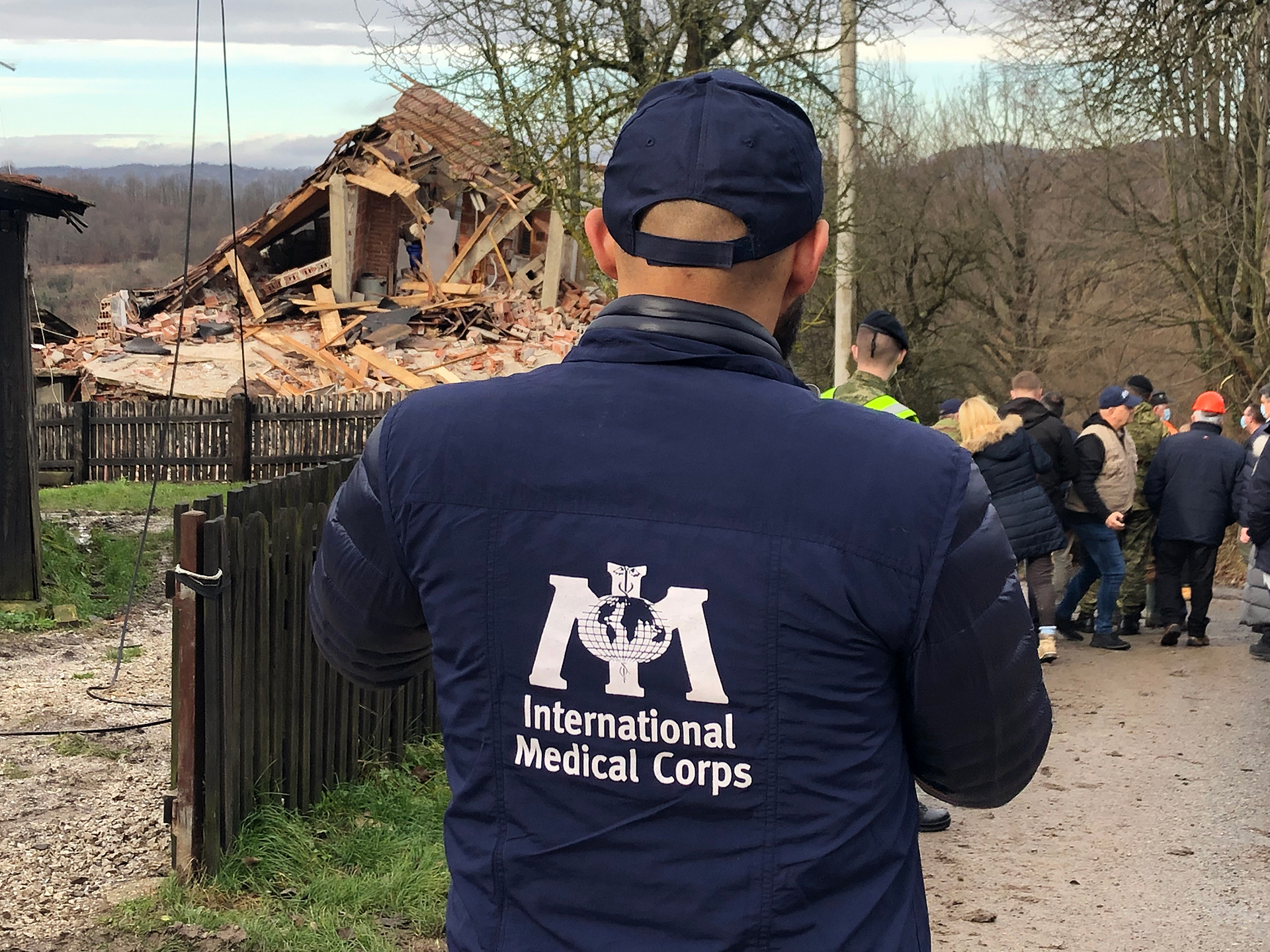
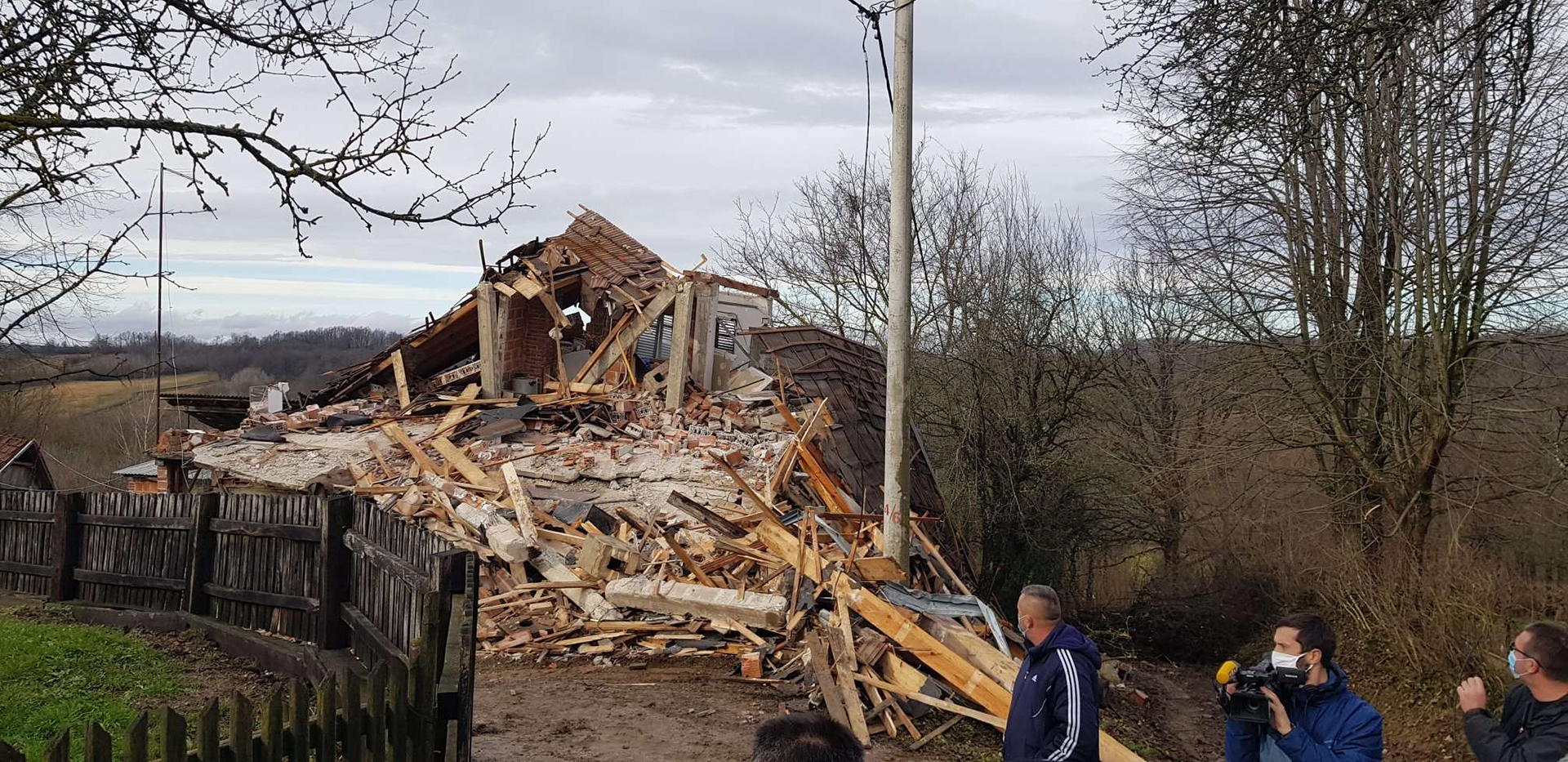
We have an office and logistics hub in Split, Croatia, and are working closely with contacts at the country’s Ministry of Health. Our local team has assessed needs in the affected region, and we are ready to immediately distribute personal protective equipment to affected healthcare facilities from our prepositioned stock. We also can provide assistance in other areas — including medical care, psychological first aid, and water, sanitation and hygiene — as requested. Learn more about our ongoing response.
Raising Awareness — Demanding Equality
On November 25, we marked the International Day for the Elimination of Violence Against Women, kicking off #16Days of Activism Against Gender-based Violence (GBV).
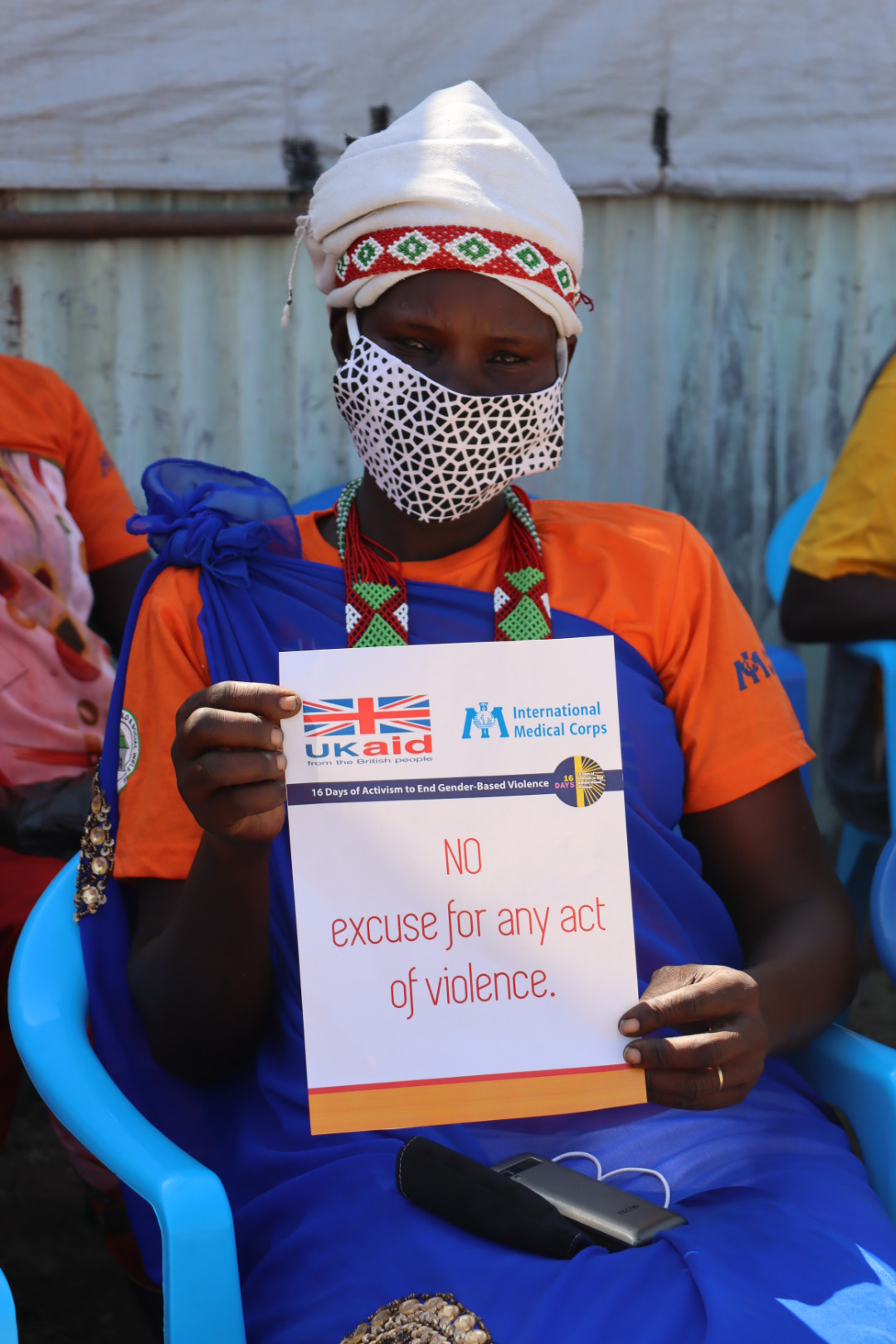
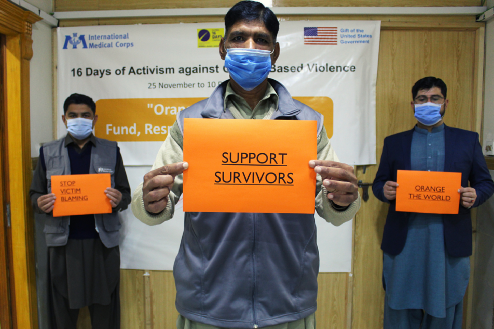
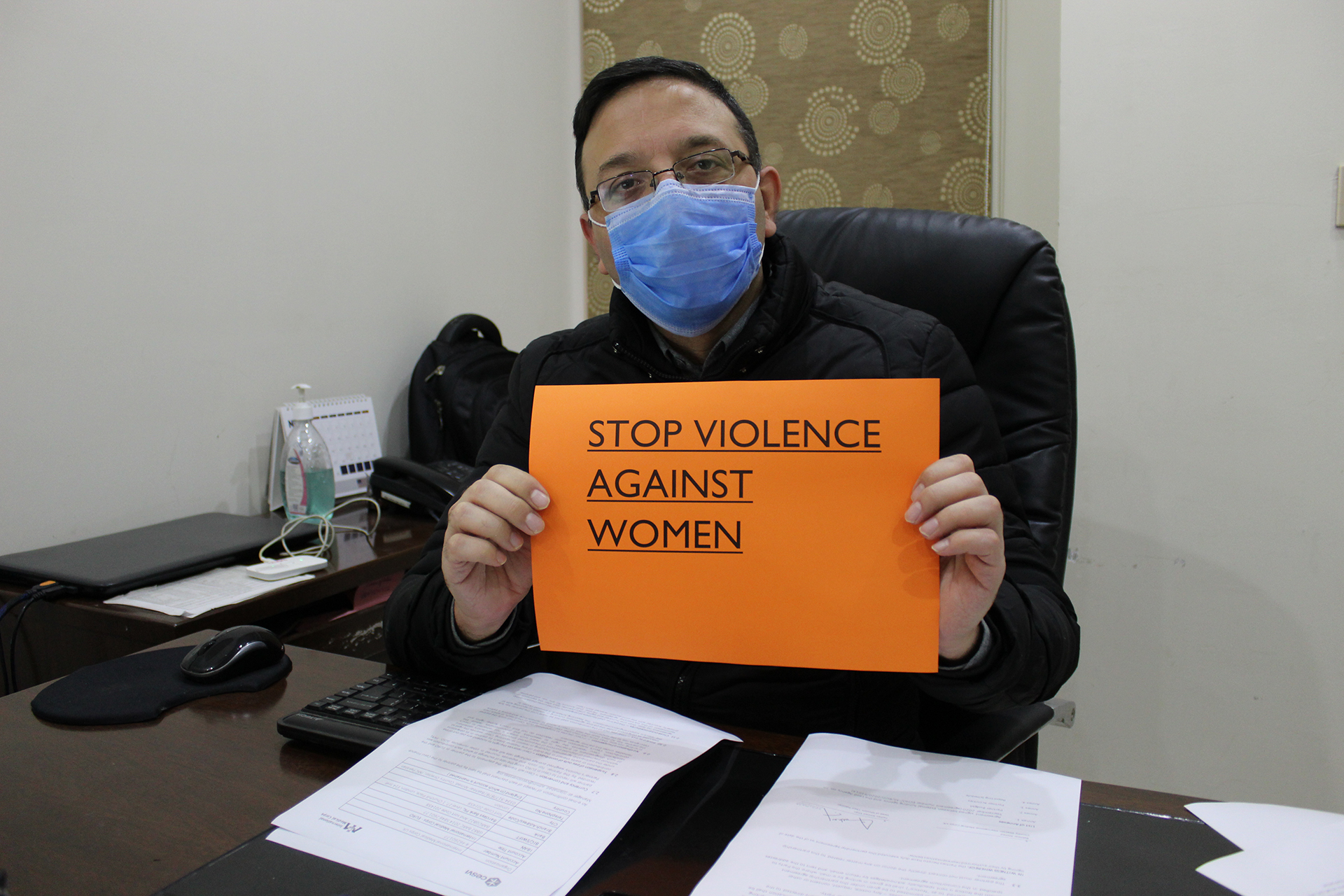
Significant strides have been made in raising awareness about GBV since the first 16 Days campaign in 1991. But much work remains to be done. This has been highlighted in 2020 as the COVID-19 pandemic has forced many women into confined, stressful spaces with their abusers and cut off crucial services to women and girls whose lives may depend on them.
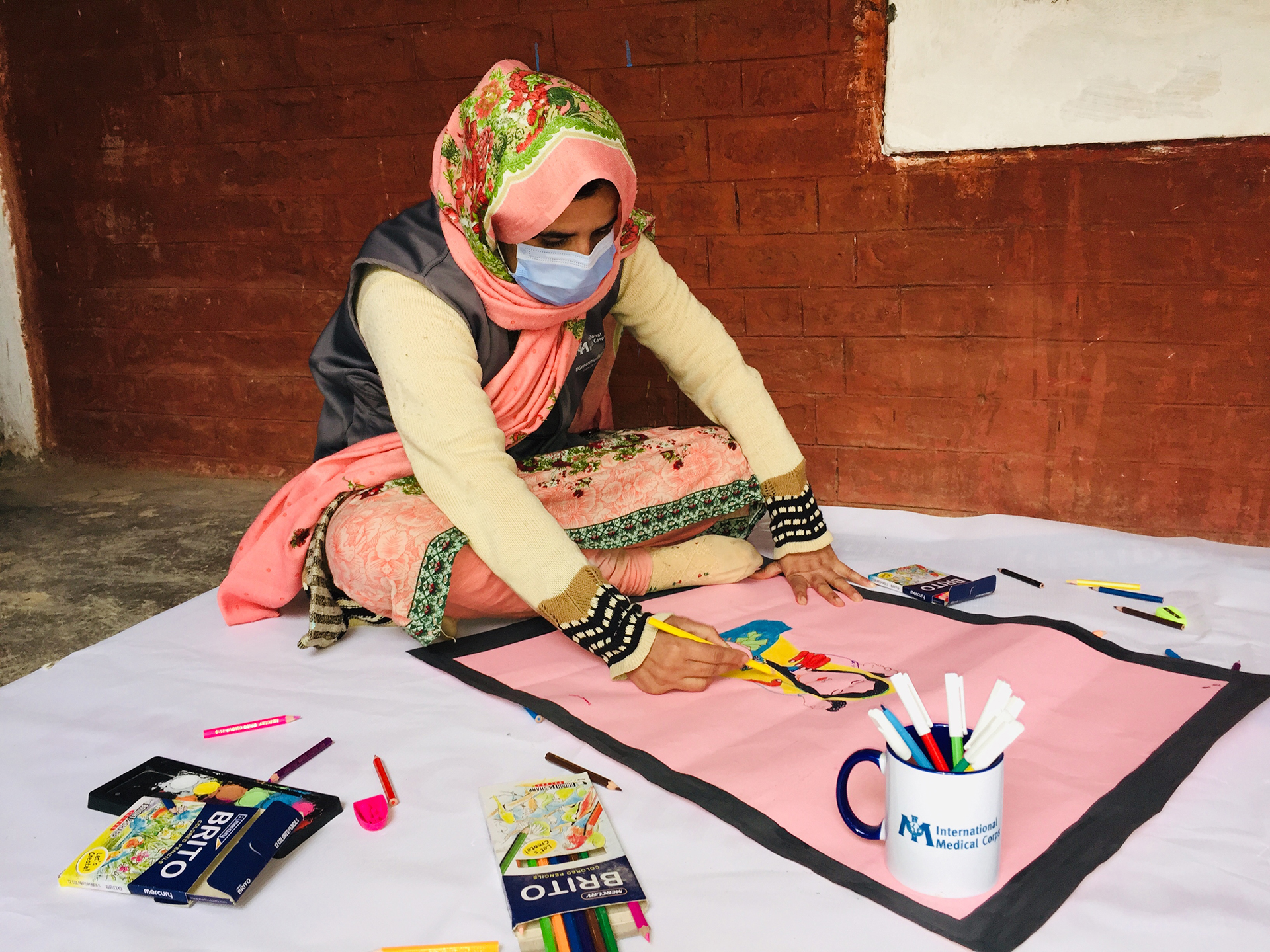
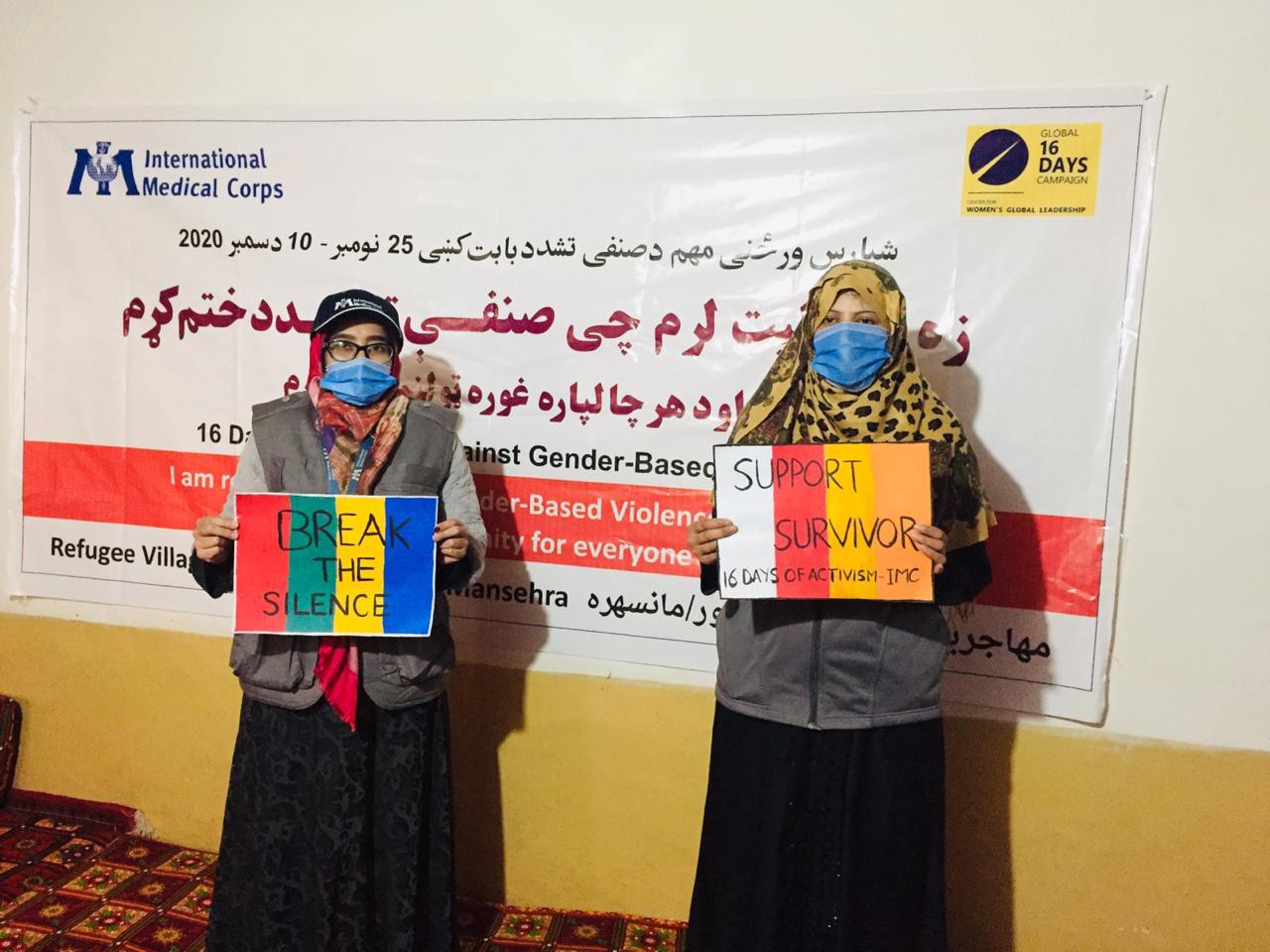
That’s why, despite the challenging conditions caused by the pandemic, our teams have worked hard to adapt our GBV services and ensure that they remain open and accessible to anyone who needs them.
Supporting Long-Term Recovery in the Bahamas
Throughout 2020, we supported the longer-term recovery needs on Grand Bahama island, which was devastated by Hurricane Dorian in September 2019.
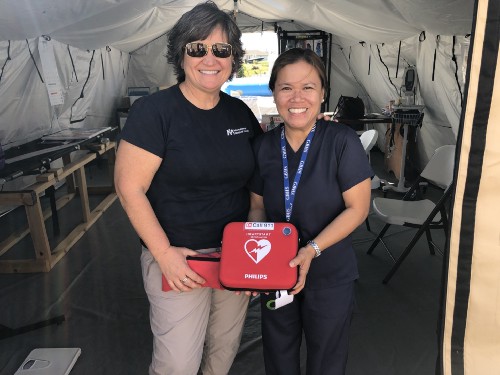
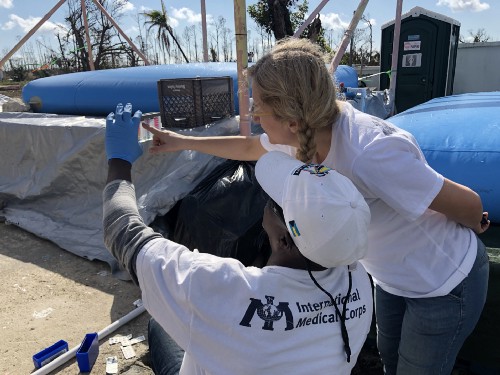
We worked with the Bahamian government to provide medical services and supplies to those affected by the storm, as well as water, sanitation and hygiene services, and mental health and psychosocial support, through our “BBPOD” — a re-purposed and foldable shipping container that is designed for individual healthcare consultations and able to withstand hurricane-strength winds when properly anchored.
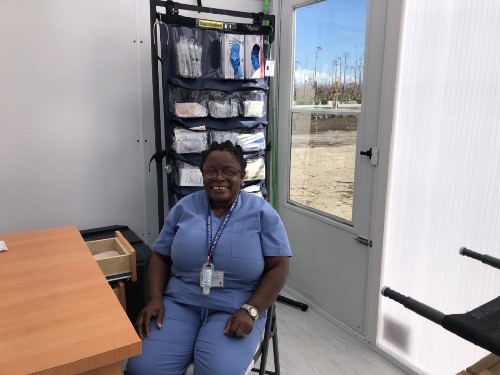
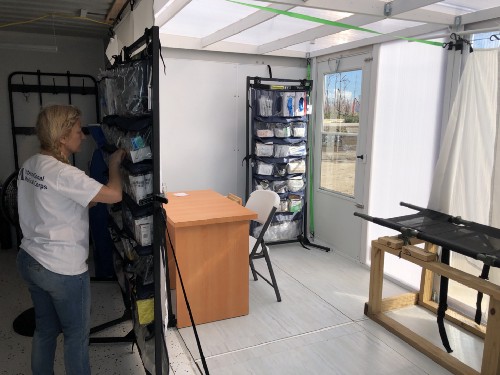
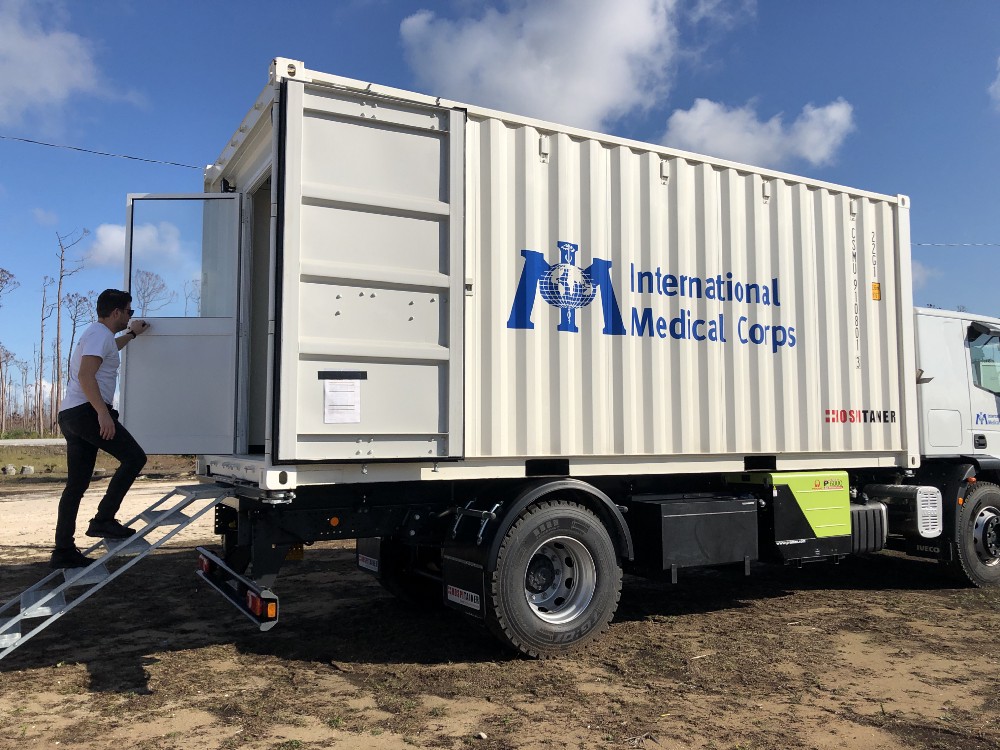
And as residents returned to Grand Bahama island, our Hospitainer medical mobile clinic (above) enabled us to serve hard-to-reach communities and individuals with disabilities.
Helped People Affected by the Puerto Rico Earthquakes
On January 7, 2020, Puerto Rico was hit by a 6.4 magnitude earthquake along its southern coast — the strongest in a string of escalating seismic activity that started on December 28, 2019.
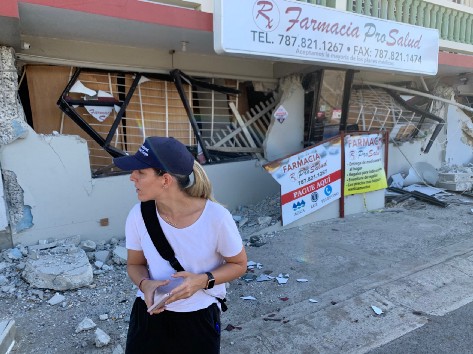
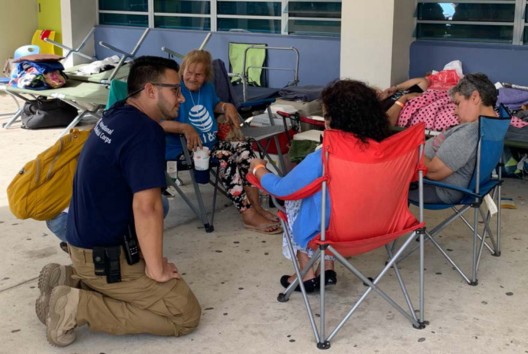
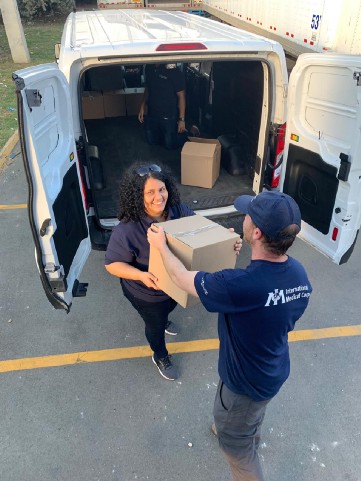
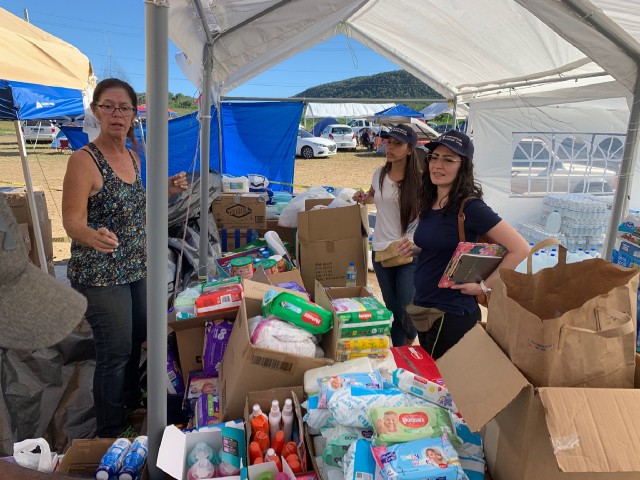
Our team provided mental health and psychological support to those in need, as well as relief supplies, including portable showers and toilets, blankets, cots and more.
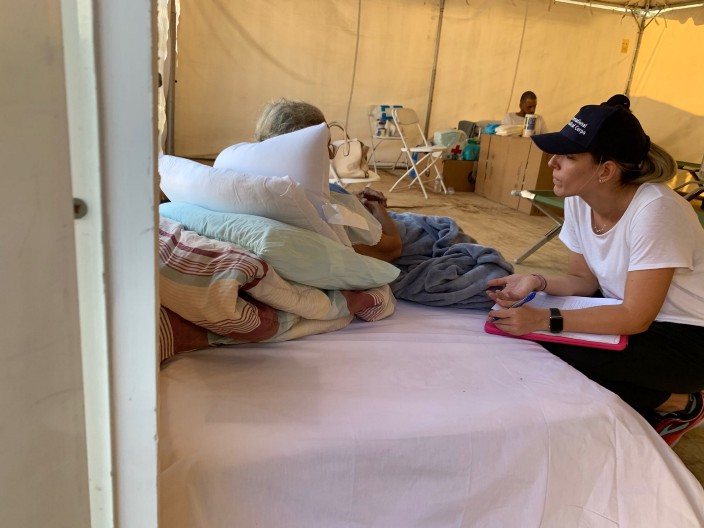
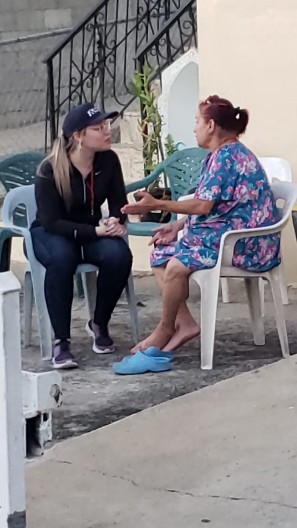
Responding to Multiple Emergencies in the Philippines
Our team was already on the ground in the Philippines, helping victims affected by December 2019’s Typhoon Phanfone, when the Taal Volcano erupted on January 12. We scaled up our operations to support the increased needs following the eruption.
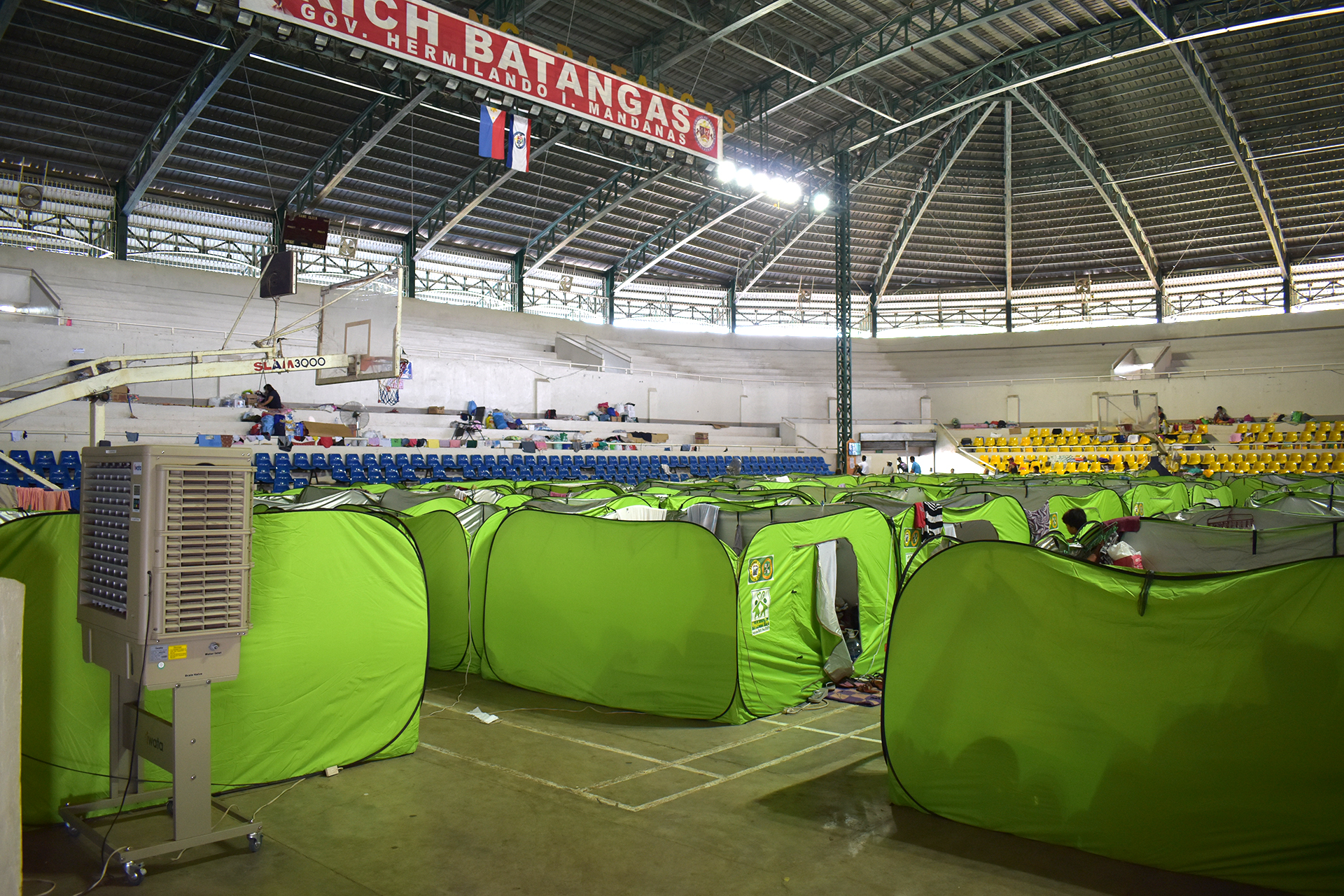
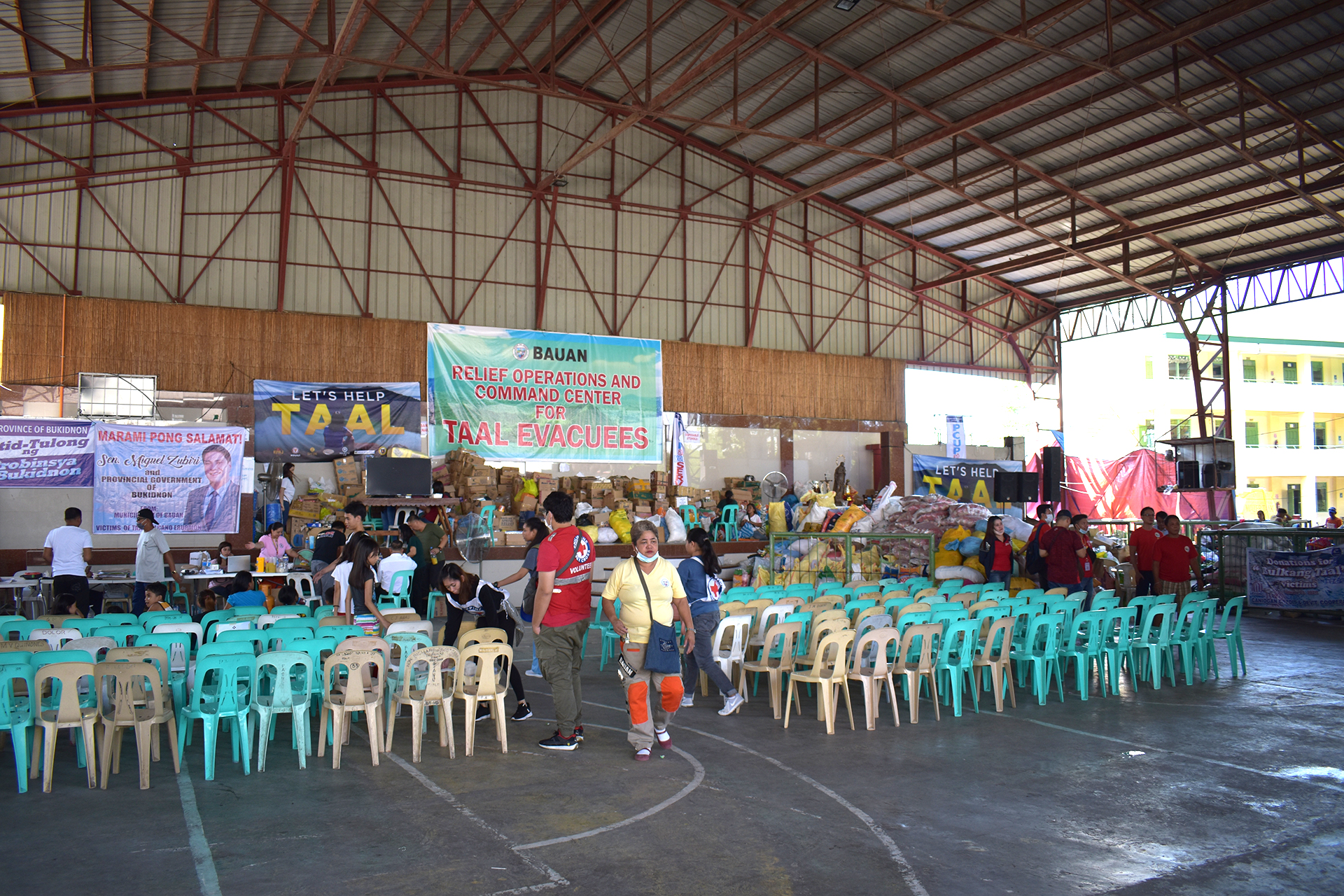
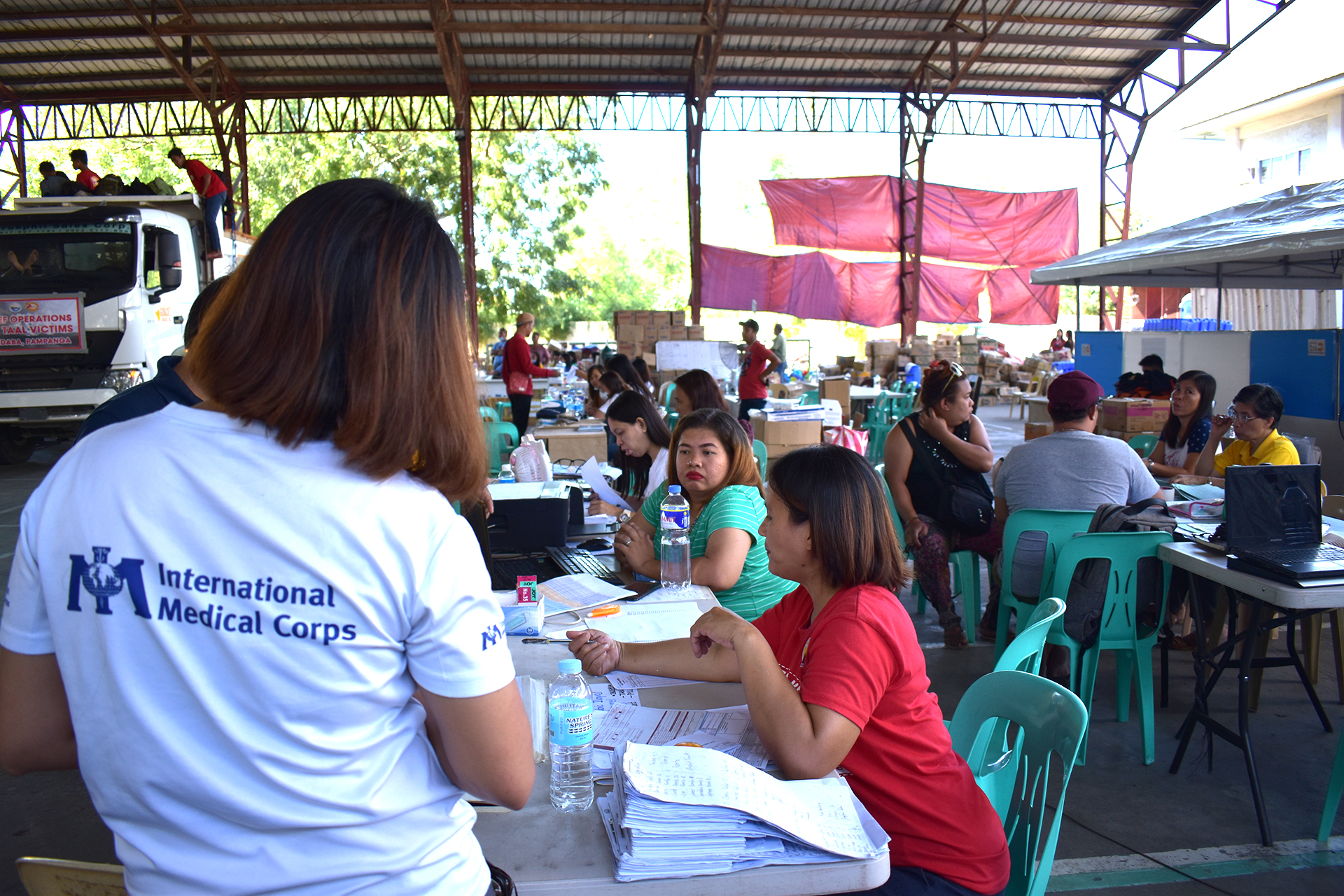
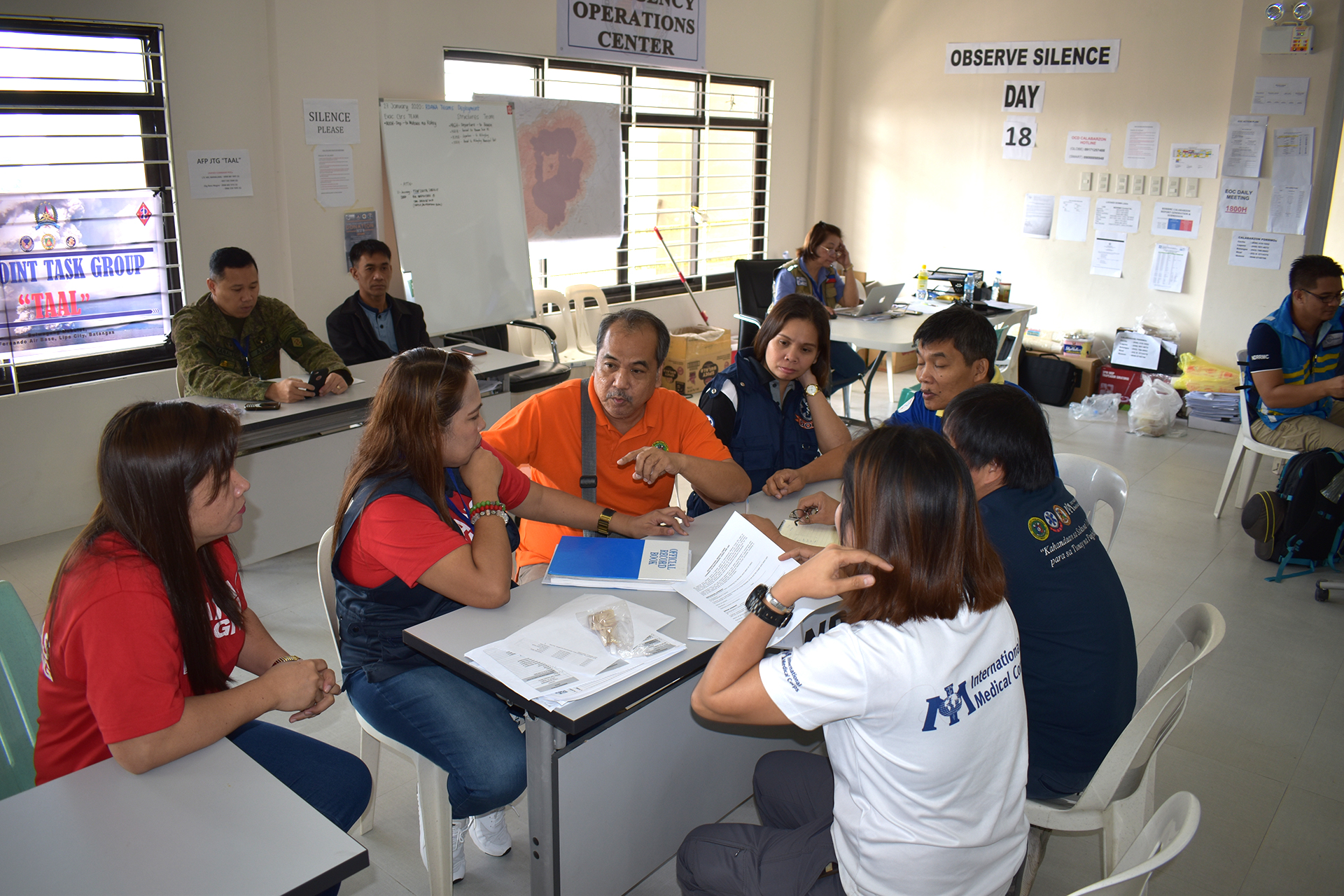
On November 1, Super Typhoon Goni struck the Philippines with sustained winds of 140 mph and gusts as high as 195 mph. Goni was followed by Typhoon Vamco, which hit the country on November 11. The violent storms and resulting floods and landslides destroyed homes and infrastructure, affecting millions of survivors.
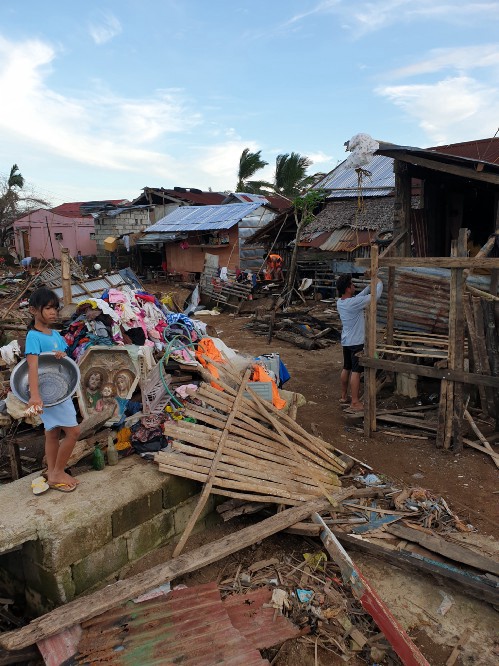
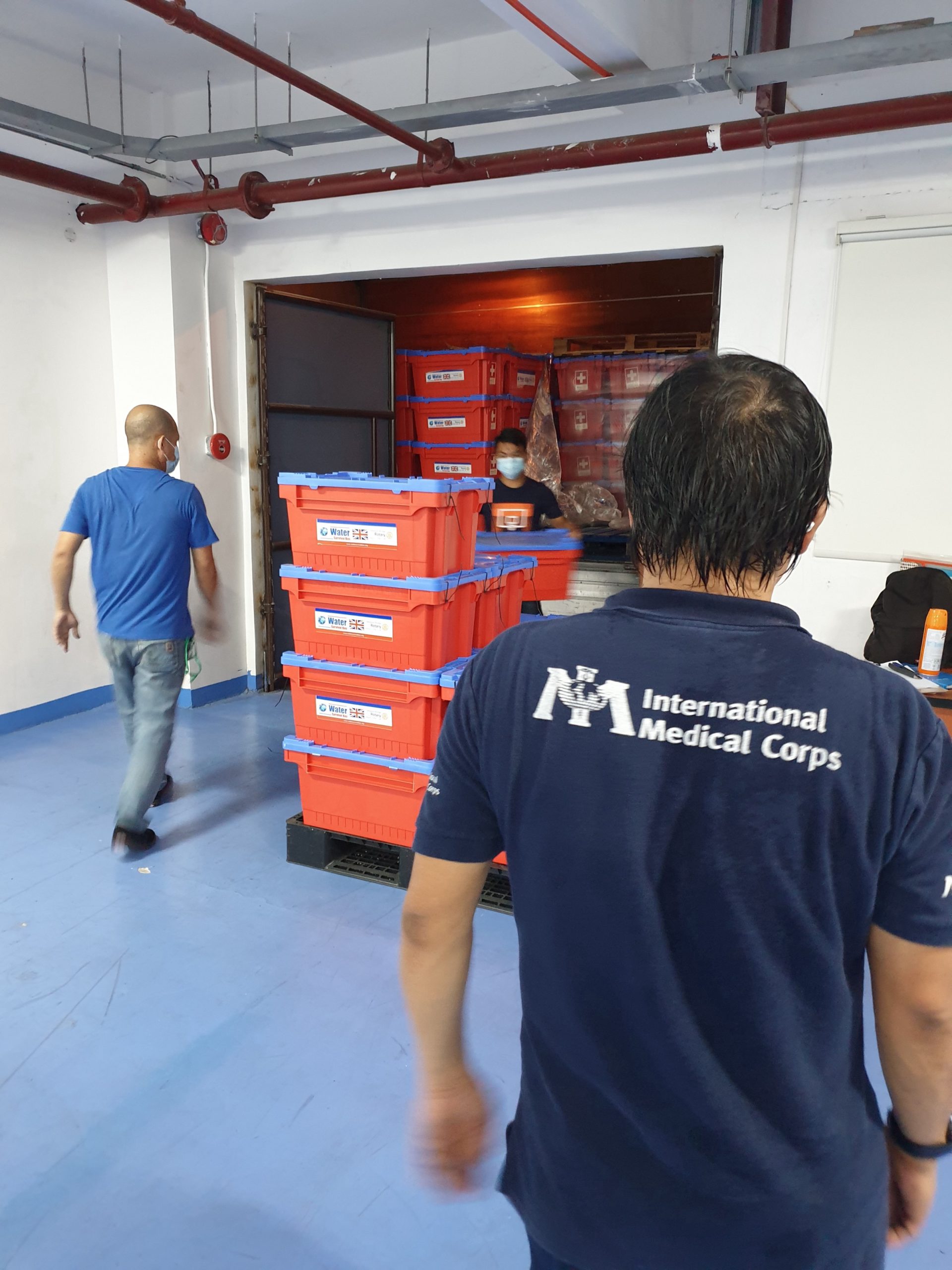
Our team in the Philippines has identified health facilities in the area that we will support with supplies to help prevent the spread of COVID-19. We’ll also install hands-free sanitation stations in two of these facilities, distribute hygiene kits to affected communities and provide diesel generators to a health center and an evacuation center.
